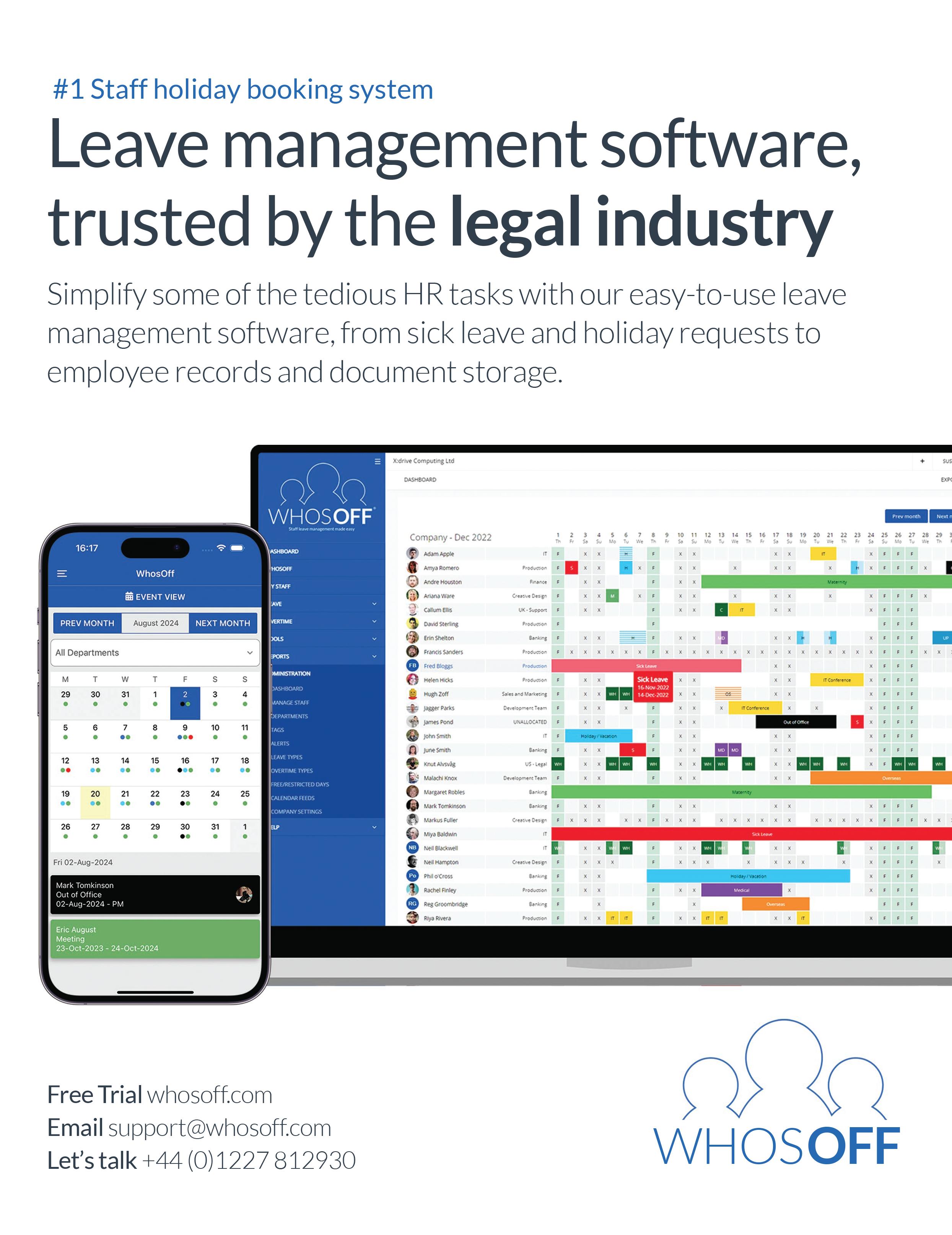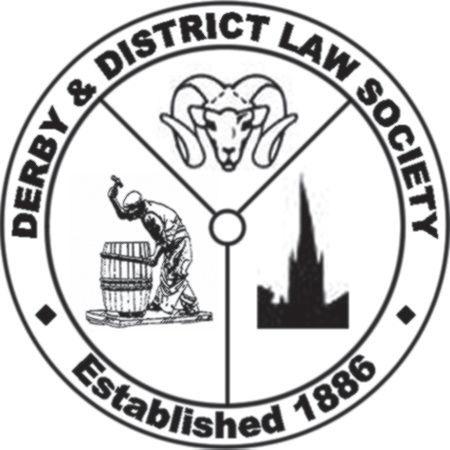
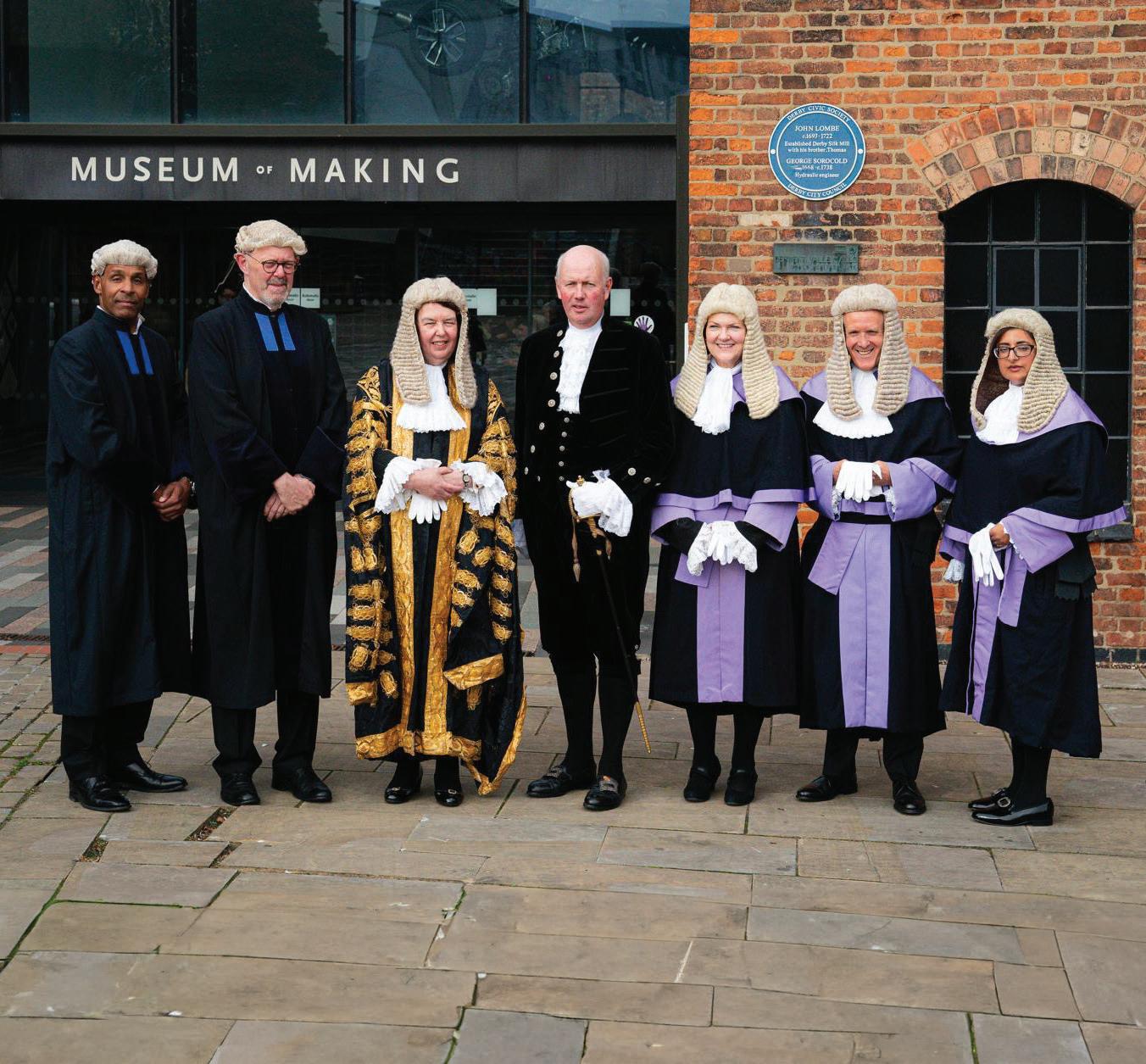







5 - President’s Page
6 - Meet the Committee
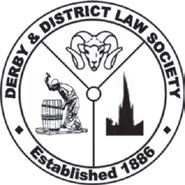
7 - Past President’s Dinner – 16th October 2025
8 - The High Sheriff of Derbyshire’s Legal Service
11 - Family Course - 9th October 2025
11 - Rothera Bray strengthens insolvency team with new appointment
12 - DJL Autumn Highlights
14 - DDLS Charity Bake Off 2025 in Aid of Positive Social
16 - EDI Event
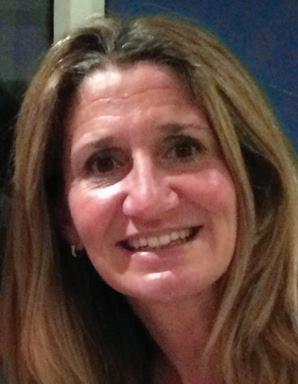
On 2 October, I joined around 25 representatives from local law societies across the country, along with Valeria from the Law Society, for a lunch meeting in Birmingham. Being part of this wider community is invaluable—it offers the chance to share ideas, hear what’s working well for others, gather inspiration for new initiatives, and seek advice or recommendations from fellow societies
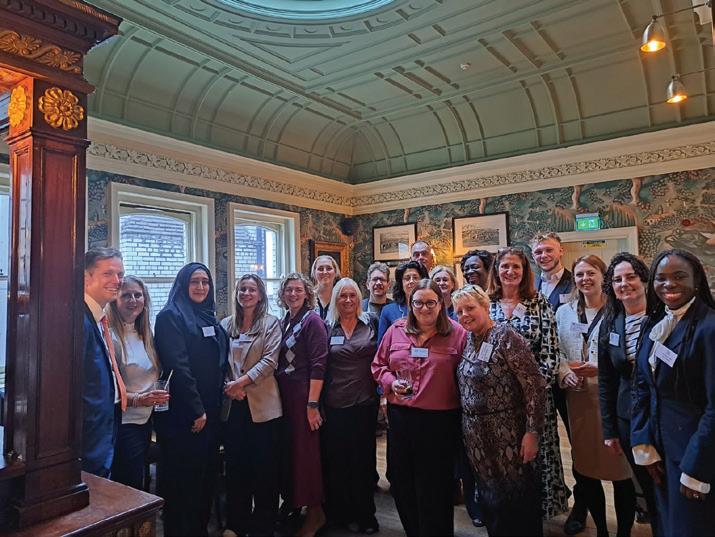
Although it doesn’t always feel like it to me, Derby & District Law Society continues to thrive and truly punches above its weight. Our membership now exceeds 550, thanks to the new membership structure, and we continue to deliver a varied programme of
17 - Navigating Change
17 - Education Update
17 - Situations Vacant
20 - New Research Reveals Prevalence of Charitable Legacies Among the UK’s Wealthiest
22 - Book Reviews
24 - When is an Expert not an Expert?
26 - The Expert Witness Gateway
28 - Lady Simler appointed as President of the Expert Witness Institute
30 - Life in the Law 2025
events—from educational courses and EDI forums to networking opportunities and community projects such as the school debate competition.
The best way to make the most of your membership is to get involved—come along to an event, or reach out to me or a committee member. As an example, when the Head of Risk and Compliance at Smith Partnership responded to my recent email about the Mazur judgment, I was able to share the latest Law Society update on the topic with her directly. These small interactions are exactly what help us all get more from our professional community.
The school debate competition will start again after Christmas. We have 10 teams from 6 schools, and I will be going into schools again delivering the speaking in public session. Anyone who would like to be added to my list of judges for the competition please e-mail me.
We will be launching the annual awards in the next edition so watch this space. The Awards Dinner will be on Friday 20th March 2026 at Pride Park so please save the date.
A huge well done to Lucy (and her family), everyone who took part in the Bake Off, came to the family and friends fun day or the family

course who have helped raise over £1000 already for Positive Social.
Rather alarmingly this will be the last Bulletin you receive this year – so Merry Christmas and a Happy New Year.
I hope to see you at an event soon.
Take care.
Julia Saunders admin@derbylaw.net 01283 734989
Officers
President*
Lucy Tissington lucy.tissington@familylawgroup. co.uk
Immediate Past President*
Tina Attenborough Attenborough Law, Derby Tel: 01332 558508 tina@ attenboroughlaw.co.uk
Vice-President* Rachel Maxwell Rachel.maxwell@smithpartnership. co.uk
Deputy Vice-President* Debra Morris debra@affinitylaw.co.uk
Honorary Secretary*
Fiona Apthorpe Geldards LLP, Derby Tel: 01332 378335 Fiona.Apthorpe@geldards.com
(* = Ex-Officio)
Public Relations Officer (+) Vacant
Derby Junior Lawyers
President Amelia Sutcliffe amelia.sutcliffe@ smithpartnership. co.uk
Vice-President George Ottewell George.Ottewell@flintbishop.co.uk
Deputy Vice-President Katie Morris katie@affinitylaw.co.uk
Constituency Council Representative, Derbyshire (+) Shama Gupta shama.gupta@freeths.co.uk
(+) attend Committee by invitation
Other Committee Members
Julie Skill, Elliot Mather LLP Chesterfield Tel: 01246 231288; julie.skill@elliotmather.co.uk
Felicity Coats felicity.coats@elliotmather.co.uk
Diana Copestake dianaohalloran@aol.com
David Hardy Tel: 01332 842008
david.hardy1630@gmail.com
Nosheen Tassaddiq nosheen.tassaddiq@flintbishop. co.uk
Oliver Maxwell
Smith Partnership Oliver.Maxwell@smithpartnership. co.uk
Martin Salt Martin@killingworthandparrott.co.uk Tel: 01332 200200
Claire Twells claire.twells@smithpartnership. co.uk
Sue Jennings sue.jennings@geldards.com
Treasurer* Ben Lawson
Elliot Mather LLP Tel: 01246 231288 ben.lawson@elliotmather.co.uk
Claire Rudkin
Flint Bishop, Derby Tel: 01332 340211 claire.rudkin@flintbishop.co.uk
Manesha Ruparel MR@AandCo.co.uk
John Ellis
John.ellis@smithpartnership.co.uk
Administrator / Bulletin Editor Julia Saunders, Email: admin@derbylaw.net
Sub-Committees (Secretary in italics)
Criminal Litigation
Andrew Oldroyd (01332 225225) andrew.oldroyd@smithpartnership. co.uk
Felicity Coats felicity.coats@elliotmather.co.uk
Education & Training
Sue Jennings, & all Sub-Committee Secretaries
Employment and Business Law Sue Jennings
Tina Attenborough tina@attenboroughlaw.co.uk
Equality, Diversity and Inclusion Manesha Ruparel mr@aandco.co.uk
Tina Attenborough tina@attenboroughlaw.co.uk
Sue Jennings sue.jennings@geldards.com
Family Law FionaApthorpe
David Guthrie dg@aflp.co.uk
Fiona Apthorpe Fiona.Apthorpe@geldards.com
Fiona Lazenby fiona.lazenby@knightsplc.com
Julie Skill Julie.Skill@elliotmather.co.uk
Kelly Mower kellym@eglegal.co.uk
Liz Guyler lizguyler@eglegal.co.uk
Lucy Tissington lucy.tissington@familylawgroup. co.uk
Manesha Ruparel MR@AandCo.co.uk
Melanie Bridgen melanie.bridgen@nelsonslaw. co.uk
Natalie Haydon-Yeung Natalie.Haydon-Yeung@geldards. com
Nick Herbert nh@aflp.co.uk
Ruth Jones ruth.jones@smithpartnership. co.uk
Sole Practitioners’ Group (SPG) Tina Attenborough tina@attenboroughlaw.co.uk
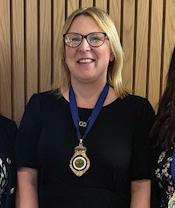
I cannot believe I am already 5 months into my presidential year. Everybody told me that it would fly by and it certainly is. I have had a very busy few months and I have really enjoyed it.
In September my family and I undertook our fund raising sponsored silence. This included all electronic media devices and televisions. It was a huge success. We all found it hard to do and that made us really appreciate even more the sponsorship money we raised. We made £419 for Positive Social which I am so pleased about. Maddy received her Bronze Citizenship award and Xander received his gold award in school for completing this task so that was even more special. I think the hardest part was baking flapjacks (for the DDLS Bake Off) in silence on the Sunday morning. I am forever grateful to my wonderful husband and children for helping me with ideas like this.
I attended the High Sheriff’s Legal Service on 12 October. I enjoyed this event and met some wonderful people. We were in procession from the Museum of Making to Derby Cathedral and it was a very special event to be part of. I felt very proud of the legal profession. A special mention to Sue Jennings, the Undersheriff and a member of our committee, who worked tirelessly to make sure it was a great success and she rightly had a huge smile on her face. My Mum, Dad and husband came along to see me and it was a lovely service.
The DDLS Bake Off was a brilliant event. We raised nearly £400 for Positive Social which takes our total up to £1050. I am really pleased with this. Shabana Hussain from Alexander and Co won with an amazing cake, worthy of actual TV Bake Off and we will present her with her prize and apron as soon as diaries work together. She will be the proud owner of the DDLS 2025 Bake Off apron. Second place was Caitlyn from Rolls Royce. I was so pleased Rolls Royce were involved and they raised nearly £100. Third place went to my lovely paralegal (from Family Law Group‘s Academy) Jess Atkinson I did not vote on this one. Special mention to Filip Feret from Elliot Mather who showed how to make the cake and it looked delicious. Felicity Coates of our committee was able to try all of the Elliot Mather bakes and said it was a very hard job! Last but not least Smith Partnership won the prize for being the team which made the most money, they raised £120.
On 9th October I ran a family law course. The event took place at the Smith Parentship Partnership offices and we had more than 35 people attend. This raised £80 for my charity which I was really pleased about. The course was very well received. We had a lovely food and drinks, as the event was sponsored by DNA Legal. DNA Legal gave a fascinating presentation on bias within drug and alcohol hair strand testing. The other presentations were from Sara Davies and Paula Bloomfield from St Marys Chambers on the link between private law and public law work with Section 37 reports and 16.4 Guardians and a further presentation from Brett Wilson on TOLATA Proceedings. It was a really interesting and informative event.
I am also running an upcoming course on 13th November, again at
the offices of Smith Partnership. This is on advocacy tips and tricks and is sponsored by Carter Brown Answer Group. The barristers providing the presentation will be Maria Savvides and Robert Pettitt from Northampton Chambers. I think this will be a useful course for all areas of the law.
Last Thursday I attended a very enjoyable meal at Seven Restaurant Derby for the Annual Past Presidents’ Dinner. I gave a short welcoming address and then enjoyed a delicious meal. It was great to spend time with people who have been where I am now and it was a really good event, and we had a lot of laughs. Thanks to Julia for organising.
At the moment I am organising the DDLS Annual Awards Dinner and I am enjoying the challenge. I have some new ideas I am excited for about. We are planning to have a table magician who I have seen before. There will also be casino tables which I know the awards dinner have not had before. It should be an amazing night so please save the date! Friday 20th March 2026. This year there will be new categories for the awards, a new nomination form and an event set up for the judging to take place. The sponsors will be judging the awards.
Lucy Tissington President, 2025-26
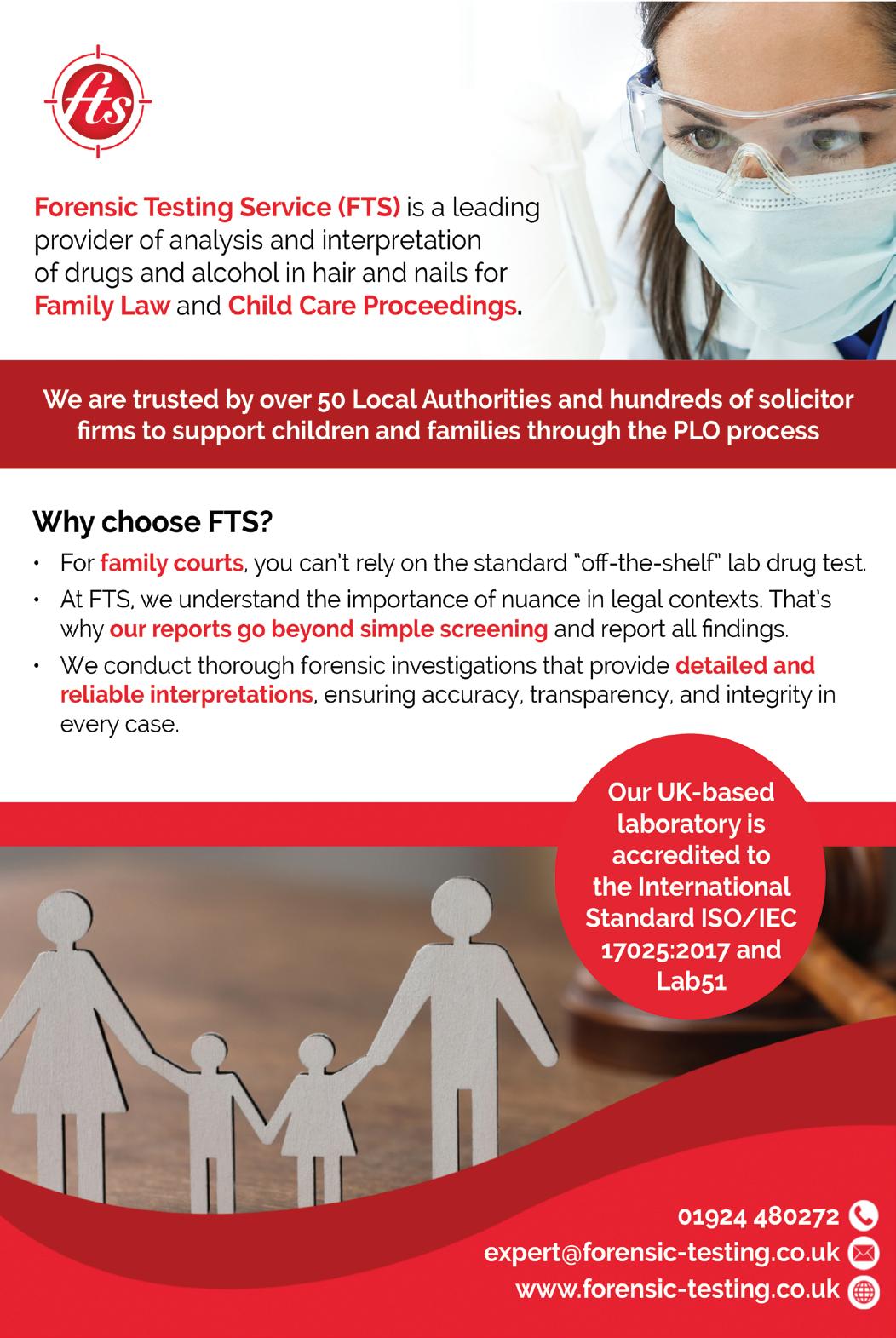

Debra Morris
1. Why did you want a career in the law?
I started my legal career as a secretary working in various different firms and different departments until I worked for a Personal Injury Solicitor and never looked back after that time. I just loved the ability to investigate liability issues, and help people with not only compensation but rehabilitation along the way. I have worked in personal injury law ever since which is now about 35 years !!
2. Why did you join the committee?
In my earlier years in Law there was always other priorities, children, horses and then later becoming involved in a local Charity where I spent 11 years giving all of my time outside of work and home life. After stepping down as Chair of that charity I decided I still wanted to be involved in something other than just work and what better way than to join the Committee of DDLS involving my passion for law and where I live – Derbyshire. I am particularly interested in helping support the younger generation in a career in law and advocating for different routes into qualification as I myself did not follow the traditional route.
3. What is your favourite DDLS memory?
I suppose that would have to be before I joined the committee when I was named as Lawyer of the Year for 2024 – what a proud moment that was for me and a night I thoroughly enjoyed !!
4. What would you say to anybody thinking about joining the DDLS/DJL committee or a sub-committee?
I would say don’t hesitate to join and participate in helping shape the legal landscape in Derby for the future. Prior to joining the Committee I felt very solitary

(working in a very small niche PI firm) so joining the committee has broadened my network and contacts and makes me feel part of the Derby legal community. I have learnt over the years of volunteering as a trustee for a Charity that it takes so many different people to make a difference and everyone has different views, ideas etc which makes for great diversity.
Claire Twells.
1. Why did you want a career in the law?
I wanted to be a professional Jump Jockey, but when that didn’t work out I needed a career that gave me the same level of excitement – so I became a solicitor.
2. Why did you join the committee?
I was introduced to the Committee by Oliver Maxwell and after the first meeting I was delighted to join and support the committee. The work that the committee do to further the next generation and also the local charitable causes made it a no brainer, but to join the committee.
3. What is your favourite DDLS memory?
Working on the mooting competition is always the highlight of my year. It amazes me every year at the hard work and dedication the students have put into the competition.
4. What would you say to anybody thinking about joining the DDLS/DJL committee or a sub-committee?
It gives as much back to you as you give to it. Also everyone on the committee is nice friendly and it’s nice to have a laugh with your fellow professionals

Tina Attenborough
1. Why did you want a career in the law?
It really started when I was very young, as I used to mediate all the failings out on the playground throughout my primary school years and it seems that I always had a natural passion for fairness, justice, and resolution. But the real head turner for me was the 70’s and 80’s dramas Crown Court and Rumpole of the Bailey! I then studied A’ level Law, I found it to be the one subject that really interested me and from then on, I was sold, apart from the stray year I decided to become a Chartered Accountant! Thankfully, it did only last a year.
2. Why did you join the committee?
I used to go along to events and got to know a few people on the committee and became interested in the wider role and responsibilities of being a solicitor and giving back to the community. I formally joined about 18-20 years ago and have thoroughly enjoyed being part of it all.
3. What is your favourite DDLS memory?
Really enjoyed being President and hosting my dinner, but taking part in some of the other local Law Society events was really enjoyable and interesting too. I feel the experience helped me and us grow as a committee seeing how other societies were run. Getting involved with Women in Law events and hosting the President Richard Atkinson in Derby for the Bicentenary year, was a great memory too.
4. What would you say to anybody thinking about joining the DDLS/DJL committee or a sub-committee?
Just do it, get involved, you won’t regret it.
The Past President’s dinner at Seven on Pride Park was as fun and well attended as always. Former Presidents of DDLS and the current President, Lucy Tissington, enjoyed a fantastic meal and catch up.
The event is an enjoyable evening with a chance to exchange news and gossip.
Thank you to all those who attended and see you next year.
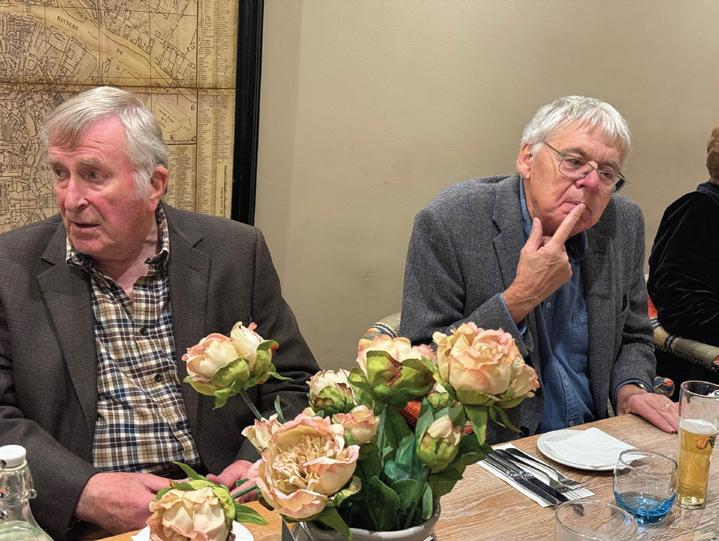

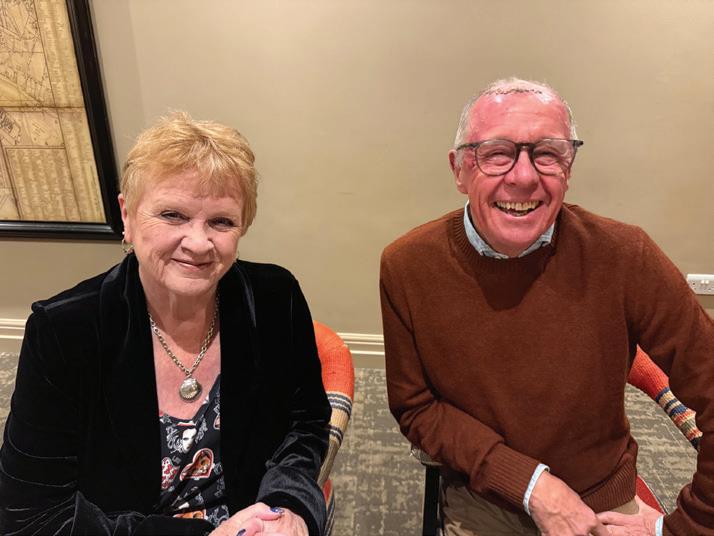



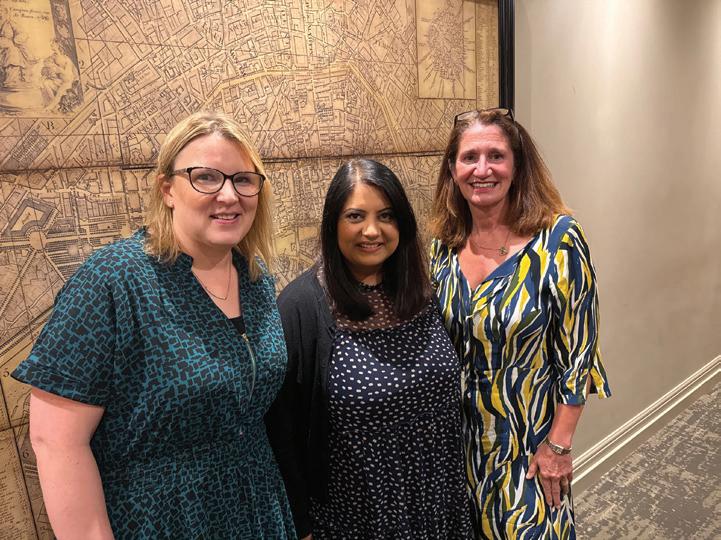
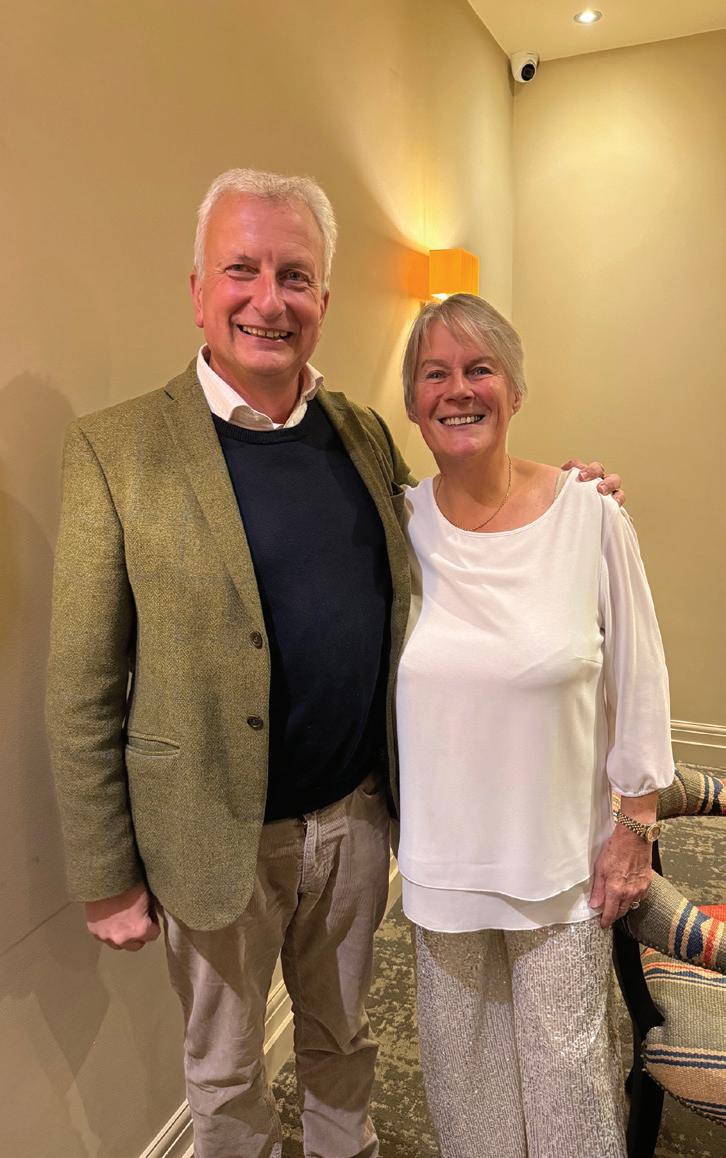
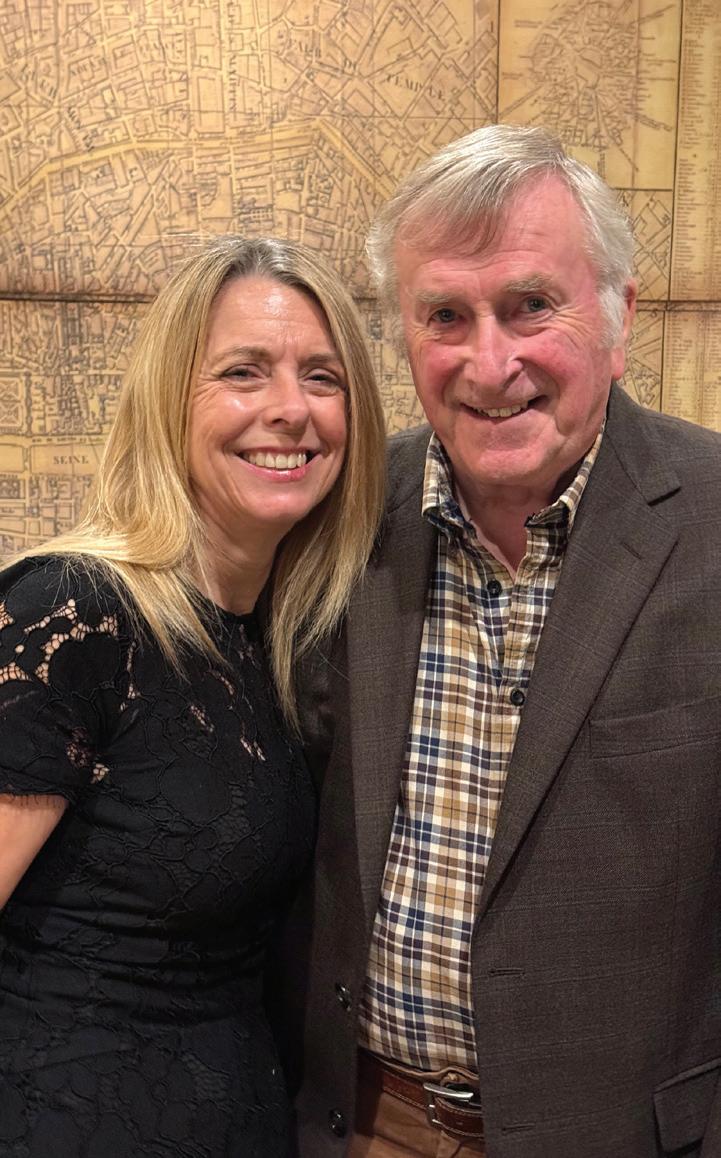
The High Sheriff of Derbyshire’s Legal Service took place at Derby Cathedral on 12th October 2025. The service was a truly uplifting experience giving thanks to those who work tirelessly in administering law and justice across our great county. A fantastic event which highlighted the importance of community and service. Congratulations to Sir Richard Fitzherbert, the sixth High Sheriff in his family, Sue Jennings, Under Sheriff and Chris Birds, Deputy Under Sheriff for organising such a wonderful event.
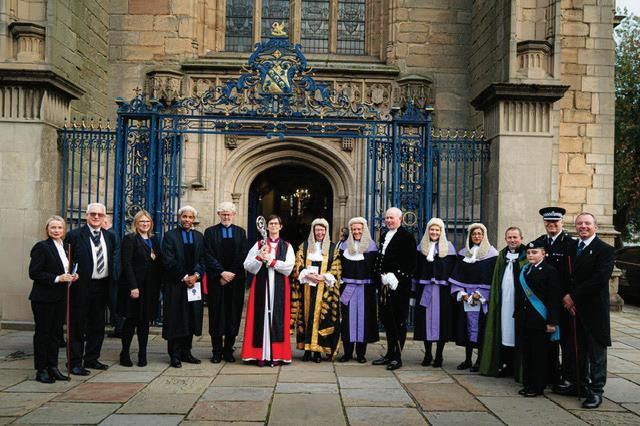
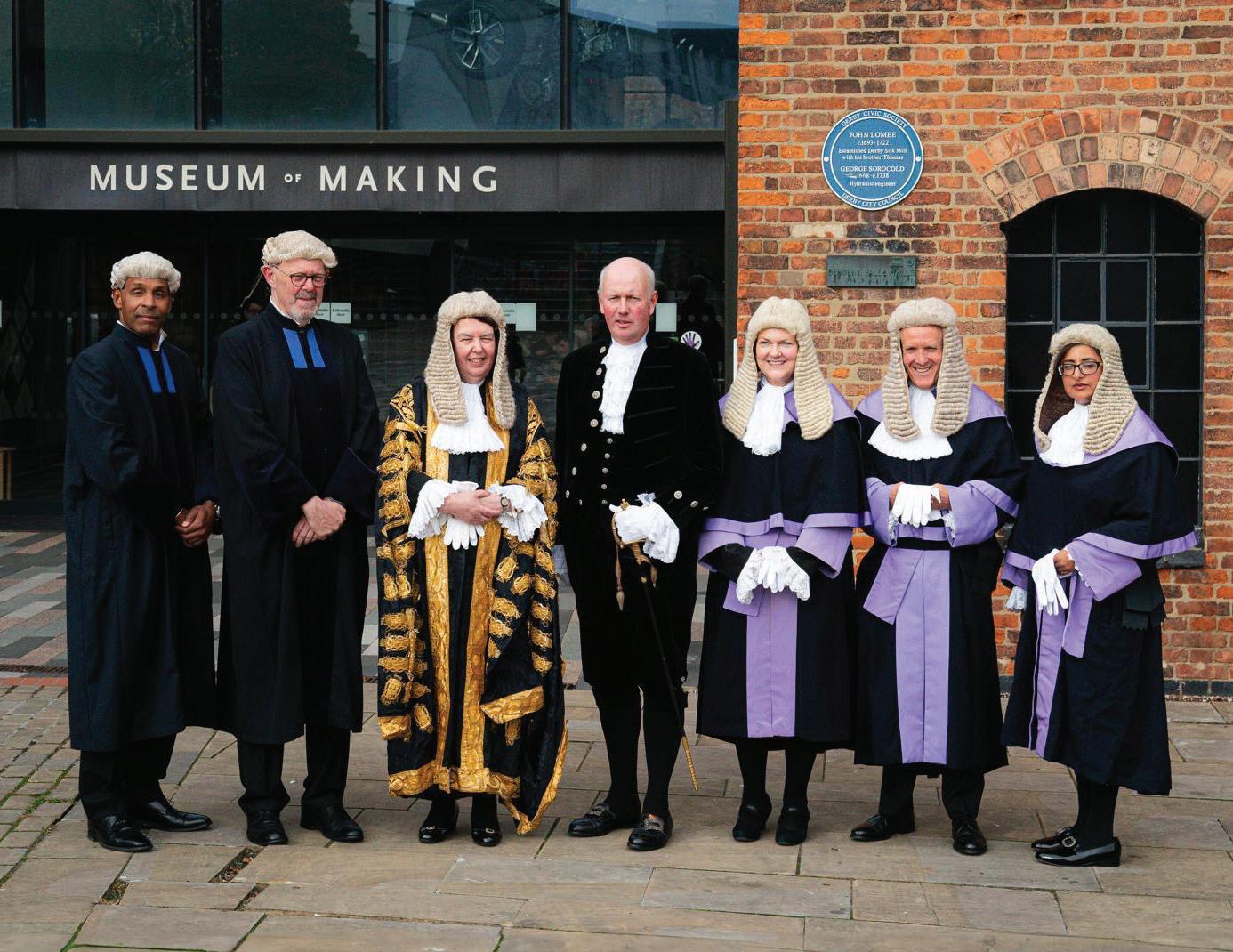
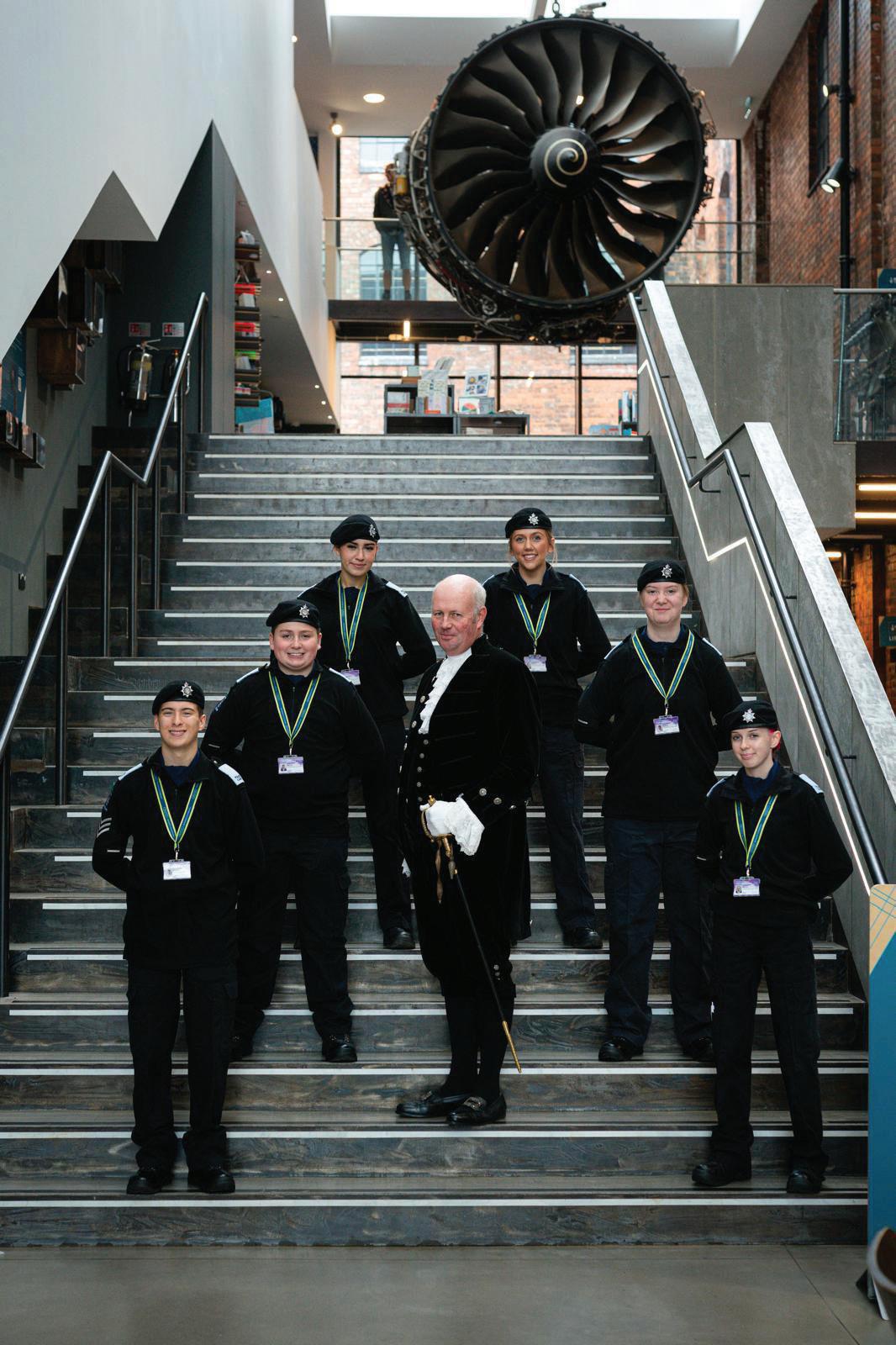
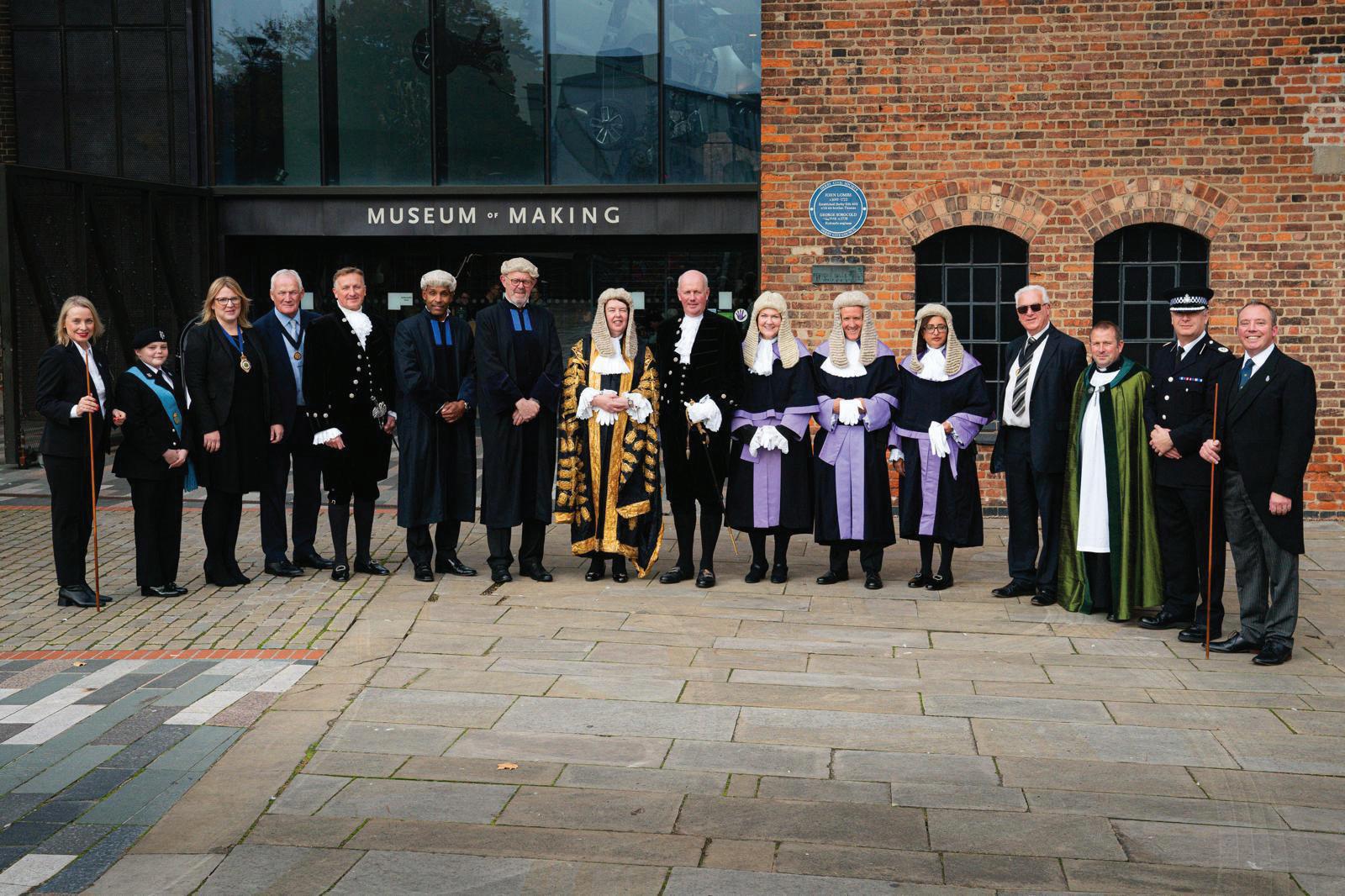


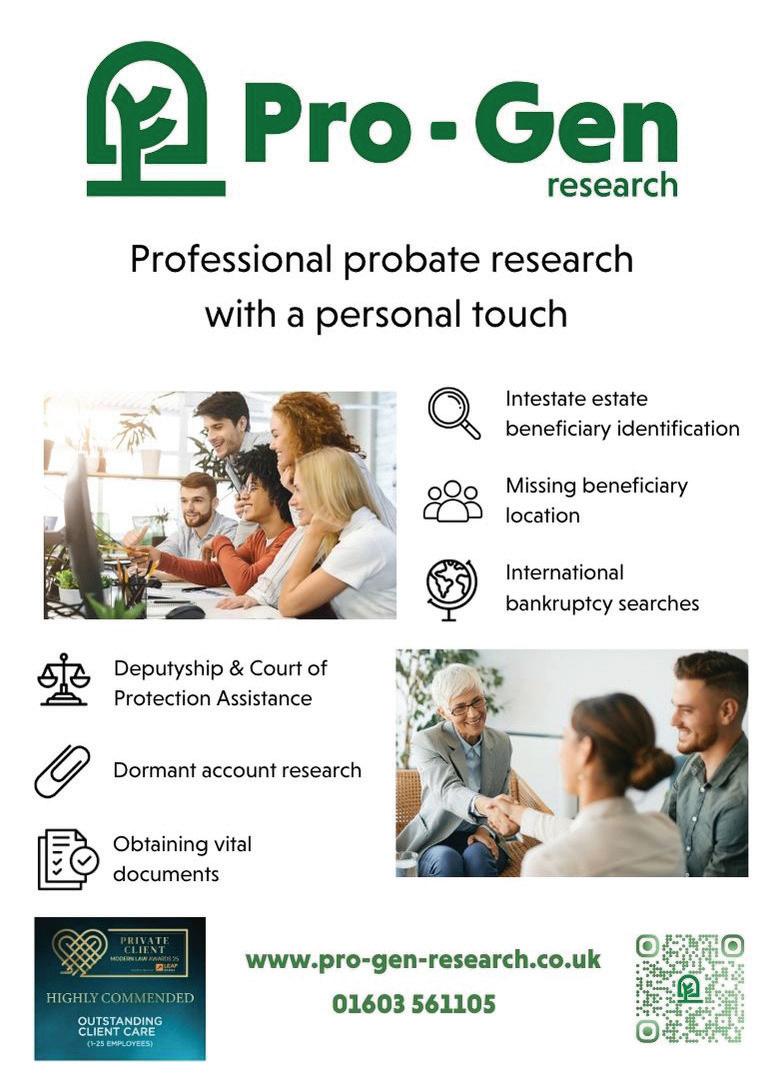
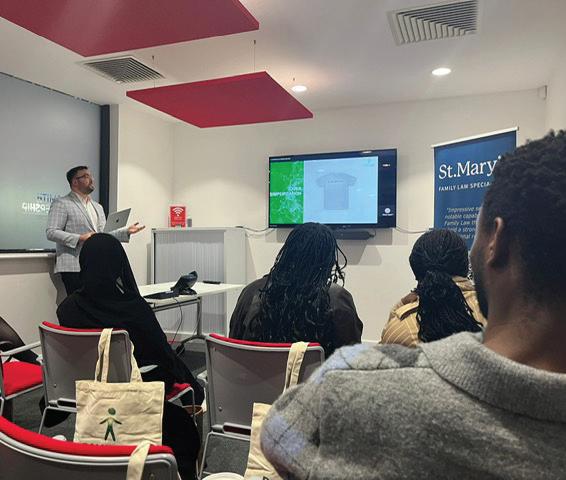
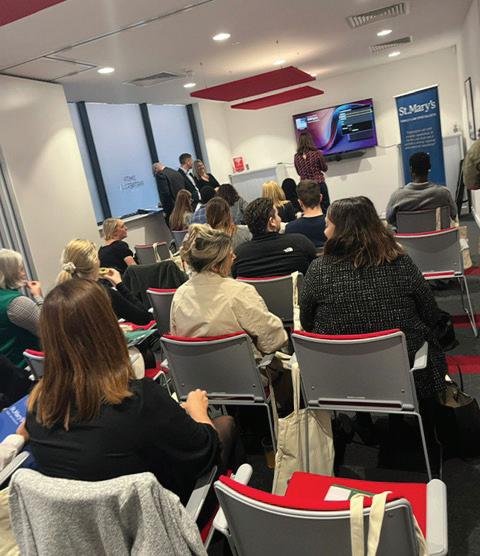
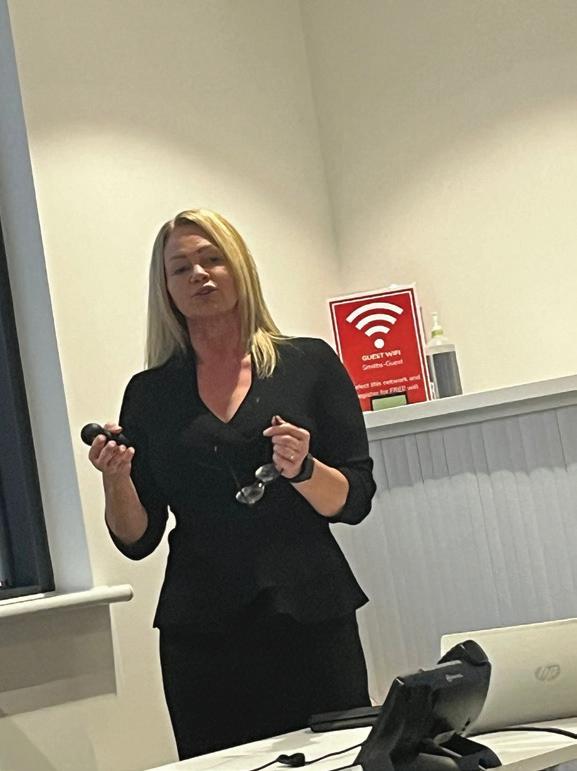
We were grateful to DNA Legal and Charles Ingram for sponsoring the recent family course and to Smith Partnership for allowing us to use their offices. Tim Smith, Paula Bloomfield, Sarah Davis and Brett Wilson of St Mary’s Chambers in Nottingham spoke about 16.4 guardians, the cross over between private and public law as well as a TOLATA overview. Thank you to everyone who came along and we are pleased to say that £80 was raised for Positive Social.

Leading East Midlands law firm Rothera Bray is delighted to announce the appointment of Ruth Ball as Managing Associate and Head of Insolvency in its expanding Insolvency and Restructuring team.
With over 20 years’ experience, Ruth is recognised by Legal 500 as a Next Generation Partner and is known for her practical, client-focused approach to complex insolvency matters. She advises on a wide range of issues, including:
• Contentious corporate and personal insolvency
• Director claims and antecedent transactions
• Creditors’ retention of title claims
• Enforcement of personal guarantees
• Unlawful dividend claims
• Winding up petitions, bankruptcy petitions and more
Ruth will work closely with Insolvency and Restructuring Consultant Nicky Calthrop-Owen, further strengthening the firm’s expertise in this area.
“I’m passionate about helping clients find clarity and solutions during what can be a stressful time,” says Ruth “I look forward to working with the talented team at Rothera Bray to support businesses and individuals across the region.”
Christina Yardley, CEO at Rothera Bray, adds: “Ruth’s appointment reflects our commitment to providing top-tier insolvency advice. Her experience and reputation will be a tremendous asset to our clients.”
For more information about Rothera Bray Solicitors, visit: https:// rotherabray.co.uk/
We’ve had a busy couple months here at DJL with the Membership Mixer and Halloween events to kick off the Autumn season. A trio of events that brought old and new members together for some networking, celebration and spookiness!
We kicked it all off with our annual membership mixer at The Distillery. The event brought together a variety of junior lawyers for an evening of introductions, conversation and community. The event was a fantastic opportunity to meet with new members, reconnect with existing ones and set the tone for a fantastic year ahead – it left the committee excited for future opportunities!

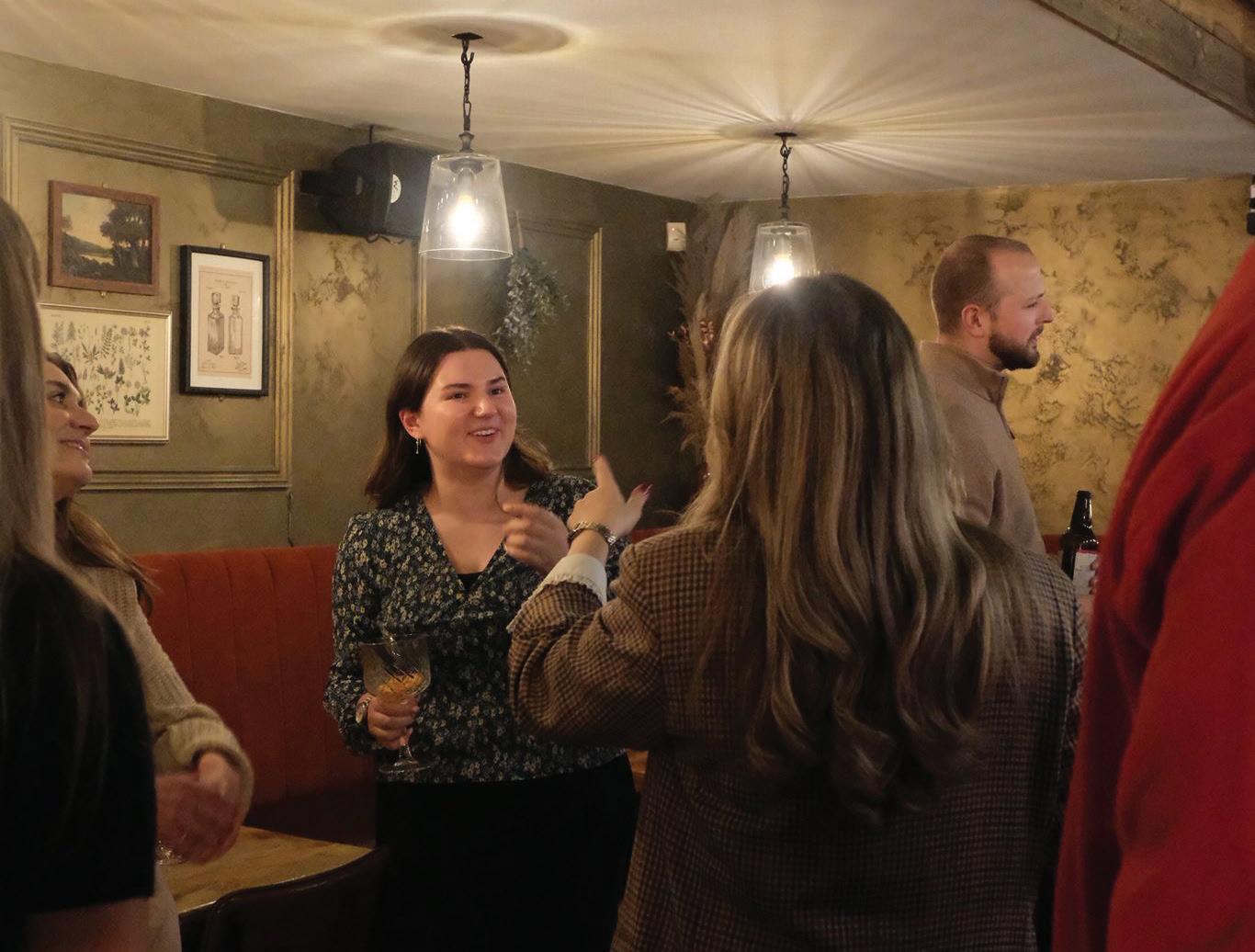

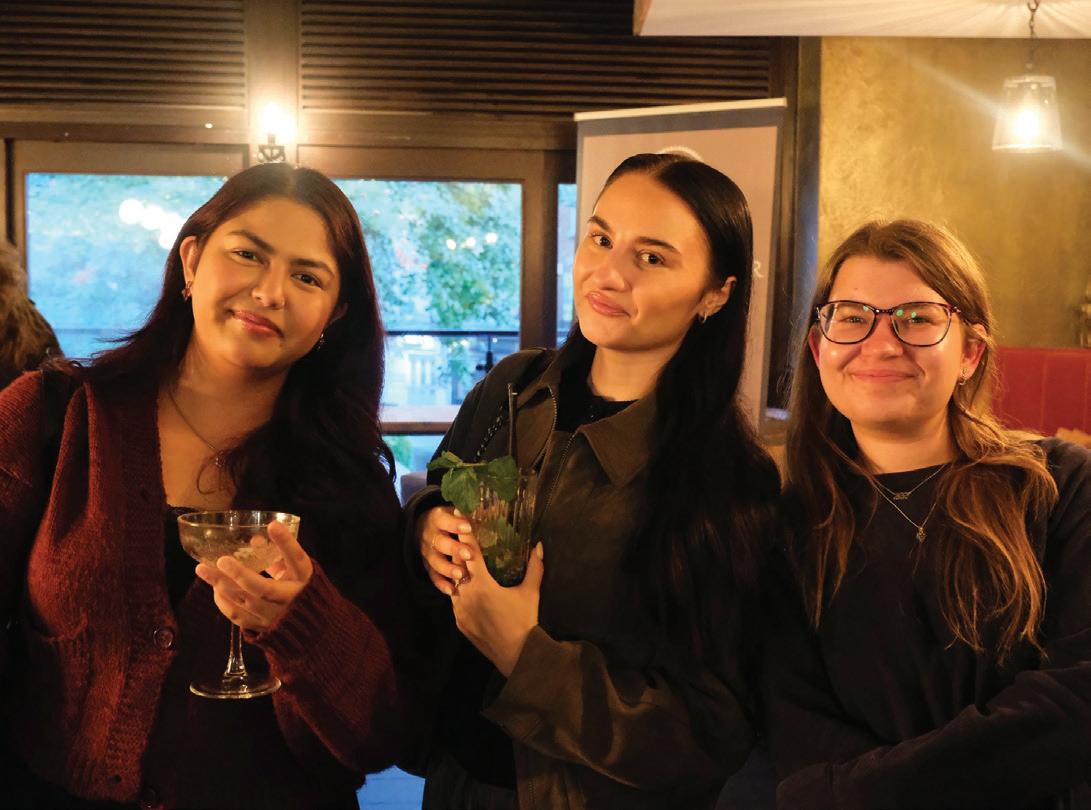


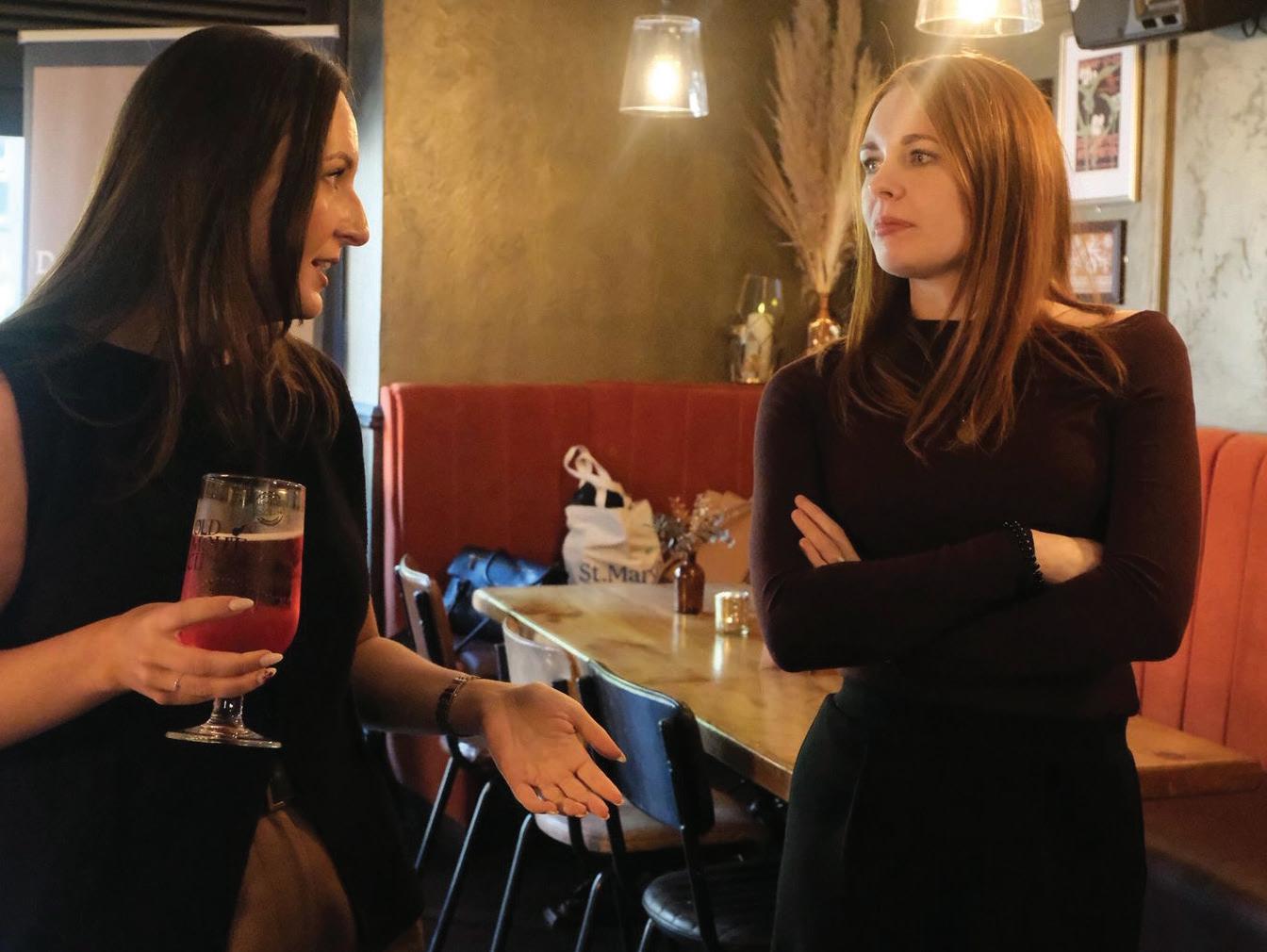
As Halloween crept closer, we embraced Derby’s historic streets with a ghost walk! Led by local expert Wayne Truman, we explored the city’s haunted past including the Guildhall Clock, first Gaol, the murderous fish market and the Old Bell Hotel. Completed with eerie anecdotes, chilling legends and naturally, a nice pint at the end of the evening.
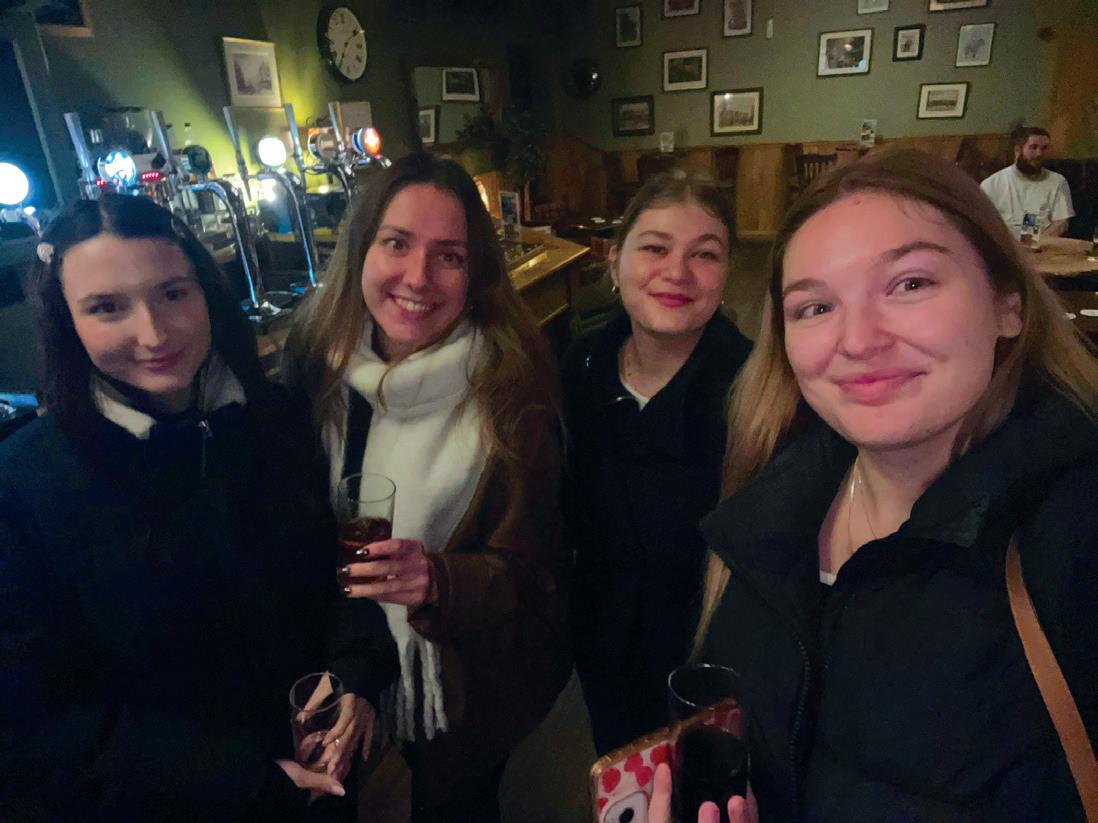
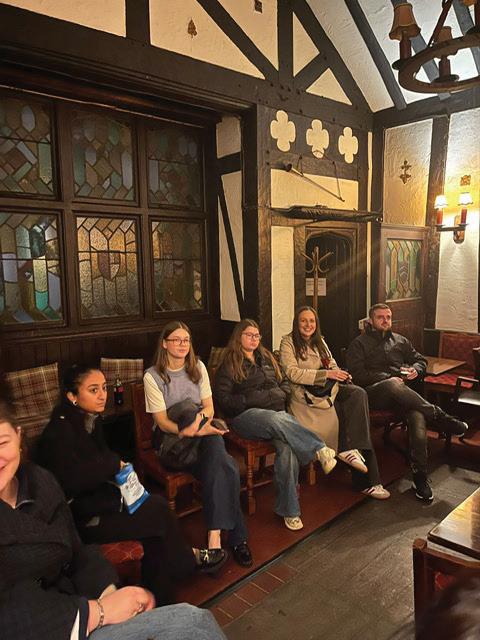


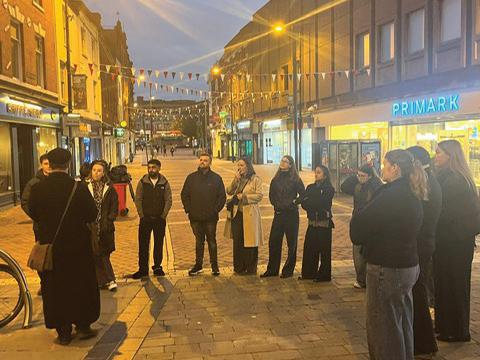
For those who prefer their Halloween a little less haunted, we obviously have to host another Pumpkin Painting event! Held at The Distillery on the 30th October, we are handing in our legal drafting for a practice in creativity! A relaxed and festive way to wind down the month before the exuberant Winter Party, and showcase some hidden artistic talents, just in case the law career doesn’t work out!

This year it was both local solicitors firms and Rolls Royce that took part in a Bake Off to raise money for local charity Positive Social. The competition was kindly sponsored again this year by Greg Gillespie of Legal-Connect.
There were 30 or so stunning cakes and bakes which were sold within the firms and photos sent into the Judges (Lucy Greg and Mark Saxby from Positive Social) who were amazed at the standard of the entries.
This Black Chocolate Fudge Cake from Shabana Hussain from Alexander & Co was the worthy winner of the DDLS Bake Off apron and voucher.
Caitilin Emsley of Rolls Royce was runner up with her spiced apple and caramel cake and Jess Atkinson of Family Law Group was third with her Lotus Biscuit Bake. A special mention went to Filip Feret of Elliot Mather
whose
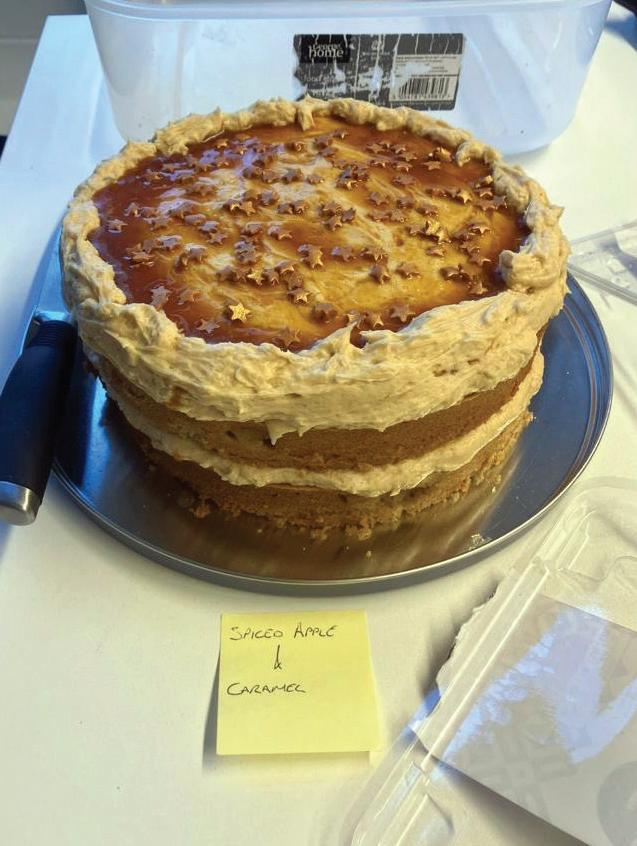


Well done to everyone who took part and thank you for supporting this event –almost £400 was raised for the President’s Charity. Smith Partnership were the firm who raised the most. Special thanks to Lucy Tissington for organising the event
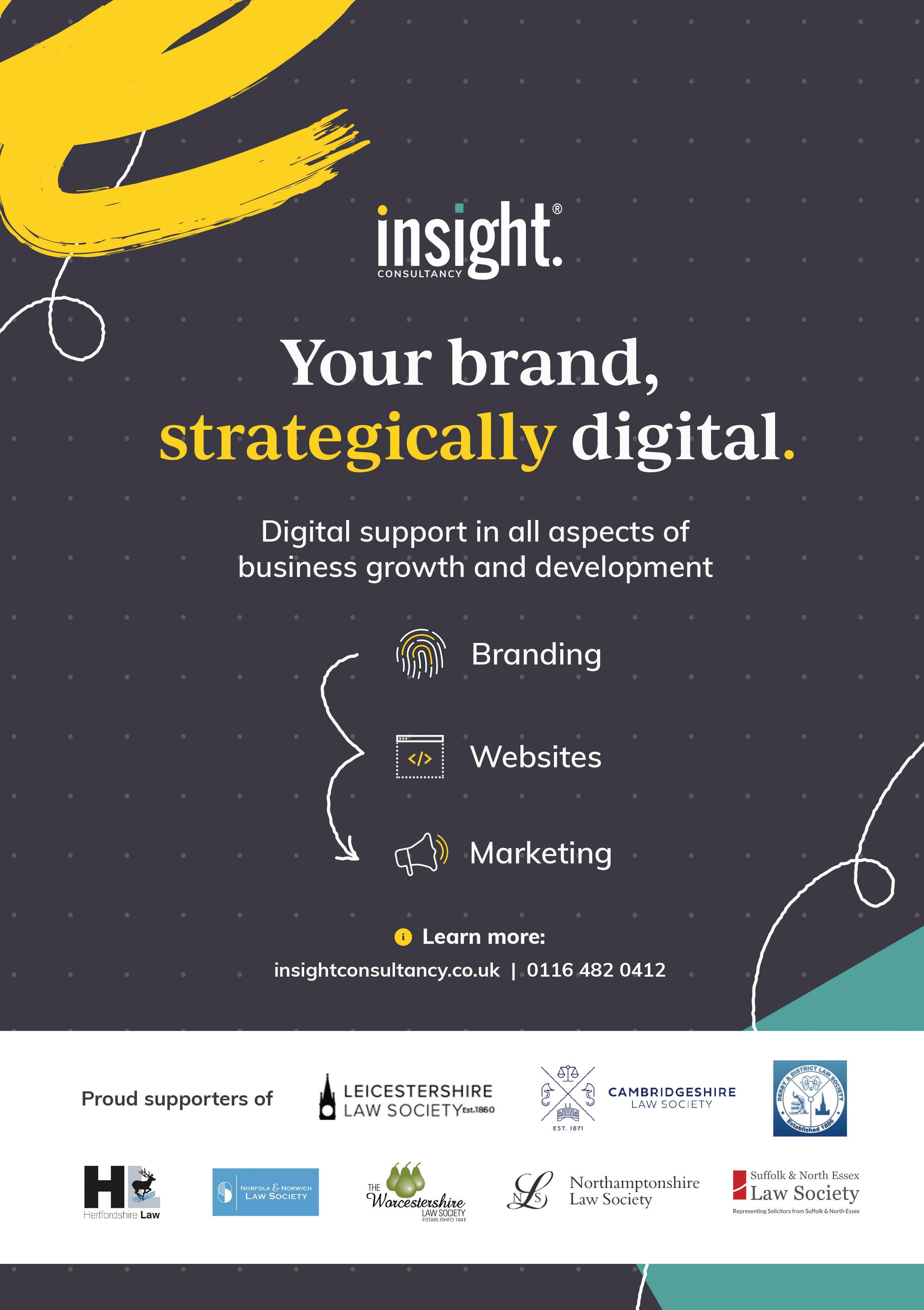

On Thursday 15 September 2025 I had the privilege of hosting the Diversity and Inclusion Panel Event, organised by Derby Junior Lawyers in collaboration with the Derby and District Law Society. The event was the culmination of several weeks of planning and preparation, and it was designed to open up a space for meaningful discussion about the realities of diversity and inclusion in the legal profession. We held the event in a hybrid format at Smith Partnership’s offices, with attendees joining both in person and online. My focus was to ensure that the discussion was engaging, safe and constructive for everyone involved. I wanted participants to feel comfortable enough to share their experiences honestly while also helping those listening to reflect on how they might support a more inclusive profession.
The evening began with short introductions from our panellists, who represented a range of backgrounds and experiences within the legal sector. Before the discussion started, I clarified that all panellists were speaking in a personal capacity, not as representatives of their firms or organisations. This helped set a tone of openness and authenticity and allowed people to speak freely about their experiences without fear of misunderstanding. The questions we had prepared were drawn from real concerns raised by students, trainees and practitioners in our local community. These included “What barriers have you faced in your career and how have you overcome these?” and “I have massive imposter syndrome. What’s your advice to someone constantly doubting whether they belong in the legal profession even after getting the job?” Both questions prompted honest and heartfelt responses, with panellists
sharing stories of self-doubt, resilience and the importance of seeking mentorship and support from trusted colleagues.
We also discussed sensitive but essential questions such as “Do you have any advice on requesting religious accommodations or reasonable adjustments without being labelled as difficult or high maintenance?” and “How do you navigate a workplace where diversity and inclusion is spoken about publicly, but in practice senior staff continue to favour traditional, exclusive networks?”
These questions sparked thoughtful debate about the gap that often exists between public statements of support and genuine cultural change within organisations. The panellists shared practical advice on how to raise such issues constructively, build allies in the workplace and lead by example when promoting inclusion.
A particularly important part of the evening centred on questions about LGBTQ+ inclusion. We explored how to support LGBTQ+ colleagues in regions where inclusion may be culturally or legally sensitive and whether it is still risky to be open about one’s sexuality during applications or interviews. This discussion was handled with real care and empathy, with panellists acknowledging the challenges while also highlighting the growing progress and allyship within the legal community. The conversation naturally extended to other characteristics such as disability and parenthood, including the question “How can legal employers better accommodate single parents especially those without extended family support or flexible childcare?” The responses emphasised the
importance of flexible working, understanding and a shift away from outdated ideas about what professionalism should look like.
Another question that resonated deeply with many was “How do you deal with the pressure of representing your entire identity group while also just trying to survive mentally?” Several panellists spoke candidly about the emotional labour involved in being one of the few individuals from an underrepresented background in a firm or in groups. They offered practical strategies for setting boundaries, seeking peer support and using experiences to educate others without feeling burdened to speak for everyone. We ended with a forward-looking question: “What is one change you would like to see in the legal industry in the next five years to improve inclusivity?” The answers varied but shared a common theme of accountability, empathy and the need for continuous education within firms and institutions.
Throughout the evening, I was struck by the honesty and courage of everyone involved. These were not easy topics, yet the conversation remained respectful, constructive and filled with hope. Amelia and I arranged for the session to be recorded, with the consent of all participants, so that it could be shared later and made accessible to those unable to attend. We also decided to gather feedback through an anonymous survey to help shape future events and ensure that we continue to address the issues that matter most to our community.
As the event drew to a close, I felt incredibly proud of what we had achieved. The Diversity and Inclusion Panel created space for genuine reflection and learning, reminding us that inclusion is not a one-off discussion but an ongoing commitment. Seeing such engagement and support from both panellists and attendees reaffirmed my belief that positive change in the legal profession starts with open, honest conversation. I hope this event marks the beginning of many more opportunities in Derby to share experiences, challenge assumptions and continue building a more inclusive and compassionate legal community.
If you would like to receive a copy of the recording then please do not hesitate to contact us!
Henna Aietan henna.aietan@familylawgroup.co.uk
There have been some significant announcements made in the last month which impact property transactions. The Law Society have released the updated TA6 6th Edition. This will replace the 4th and 5th Edition and the new form will be mandatory from 30 March 2026.
In October, we also heard that the Government have announced an ‘overhaul’ of how property transactions are carried out and have opened up an online survey consultation on the proposals to address longstanding issues with the home buying and selling system. I urge all involved in property transactions to provide their views to the consultation to help shape the future of property transactions.
With lots of potential changes coming up, Derby & District Law Society are here to support you if you have concerns. Please get in touch with your concerns and look out for future training events covering these issues.
Finally, we are entering the Conveyancing Award Seasons and so I wish all firms nominated and shortlisted the best of luck!
Rachel Maxwell
We had an Education Committee meeting at the start of September and this was really productive and I think the members find it very helpful. Our next meeting is 17 November at 1pm on Teams. Please let me know if you would like to join. There is an event at Nottingham Trent University on 29 October which is round table forum to discuss the SQE and I believe this will be a fascinating event and we will aim to have a discussion about this at our next meeting on 17 November. I am really pleased this committee has been set up and is going from strength to strength.
Lucy Tissington Education and Training Committee

Banner Jones Solicitors is a multi-award-winning law firm with a proud heritage and a modern outlook. With offices across Chesterfield, Sheffield, Mansfield, and Dronfield, we are recognised as a UK Legal 500 ‘Leading Firm’ for our excellence across a range of legal services. At Banner Jones, we believe in putting people first—whether that’s our clients or our team. We foster a friendly, supportive working environment where professional development is actively encouraged, and where 97% of our clients would recommend us thanks to the dedication of our staff. If you’re looking to build a rewarding legal career with a firm that values growth, collaboration, and client care, Banner Jones could be the perfect fit.
TAKE A LOOK AT OUR CURRENT OPPORTUNITIES:
https://www.bannerjones.co.uk/pages/residential-property-conveyancer-in-mansfield
As part of our continued expansion an excellent opportunity has become available for a Residential Property Solicitor, Legal Executive, or Licensed Conveyancer with 2+ years of experience to join our successful and expanding Residential Property team in Mansfield.
https://www.bannerjones.co.uk/pages/residential-property-conveyancers
Are you a skilled Residential Property Solicitor, Legal Executive, or Licensed Conveyancer with 3+ years of experience? Ready to thrive in a role where your expertise is valued, your growth is supported, and your career truly shines? We are now recruiting in our Chesterfield office.
Are you an exceptional private client solicitor or legal executive with 10+ years of experience? Looking to be part of a supportive and collaborative team that nurtures your ambitions and career progression at a time of expansion and growth? This role in our Mansfield office could be for you.

We are seeking an experienced Private Client Solicitor/Legal Executive to join our team. In this role, you will:
• Conduct full estate administration and administration of trusts
• Draft Wills of varying complexity, ensuring accuracy and compliance with current legislation.
• Advise clients on estate planning, including inheritance tax, trusts and asset protection.
• Prepare and register lasting powers of attorney.
• Supervise and mentor junior Will writers and paralegals
• Collaborate with the wider Private Client team on complex cases
• Engage in business development initiatives to expand our client base
• Proven experience in estate administration, Will drafting and estate planning
• Extensive knowledge of estate administration, Wills, trusts and inheritance tax including APR and BPR
• Solicitor, Chartered Legal Executive and/or STEP qualification preferred
• Good written and verbal communication skills
• A positive, team-oriented attitude
• A warm, supportive family-style working environment
• Competitive salary commensurate with qualifications and experience
• 25 days holiday plus bank holidays and Christmas week closure
To apply for the position please send your CV along with a covering letter to: p.bramall@franklin-solicitors.co.uk
Franklin & Co, Town Hall Chambers, Anchor Square, Bakewell, Derbyshire DE45 1DR

Salary: £42,000 to £50,000 per annum, depending on experience Hours of work: Full Time, 37.5 hours per week, Monday to Friday Location: Derby with some hybrid working Closing date: Wednesday 29 October 2025 at 5:00pm
DHA - The Derby Law Centre provides specialist legal advice, advocacy and court representation through Legal Aid and non-Legal Aid contracts and we are looking for a highly motivated and passionate fully qualified Solicitor to provide Specialist Housing Law advice, advocacy and court representation under our Legal Aid contracts.
You will have conduct of your own caseload; guide, support and supervise staff; contribute to the development of processes and procedures and their effective implementation; deal with Housing law enquiries from the public, including possession proceedings, counterclaims, disrepair and homelessness appeals; and help as many clients as possible achieve a positive outcome for their enquiry.
You should be a team player, able to work under pressure to tight deadlines whilst maintaining a high standard of work. The ideal candidate will be an excellent relationship builder having strong negotiation and communication skills and must have relevant experience of providing specialist Housing law advice and have knowledge of legislation, case law and social policy in this area.
The ideal candidate for the position will have:
• A minimum of 2 years PQE, with demonstrable experience and knowledge of Housing Law, and hold a current valid practising certificate;
• Experience in delivering Housing Law work and Contract Supervision;
• Excellent working knowledge of Legal Aid contract work;
• Excellent communication and negotiation skills;
• Experience of advocating with agencies or services;
• Experience of representing clients in Court proceedings;
• The ability to formulate complex letters, legal documents and reports;
• Excellent organisational skills with the ability to prioritise workload and meet deadlines and targets;
• A full driving licence with access to a vehicle.
If you believe you are the right candidate for the role, then apply today!
In return, we have a wide range of benefits for our employees including:
• 25 days annual leave plus bank holidays (increasing to a maximum of 35 days for additional years of service).
• Day off on your birthday.
• 3 additional paid days off at Christmas.
• Employee Assistance Programme.
• Enhanced sickness pay (subject to length of service).
• Opportunity for hybrid working and flexibility.
• Free, on-site car parking available at our Derby office.
• Personal development and career progression opportunities.
This role will require the successful candidate to undertake a Disclosure & Barring Service (DBS) check and disclose information which would otherwise be considered “spent” under the provision of the Rehabilitations of Offenders Act 1974.
To apply, please send your CV with a covering letter to: hr@dhadvice.org


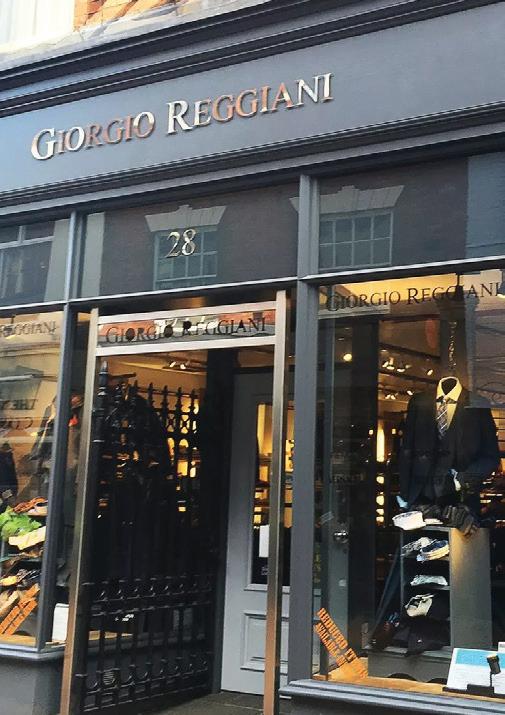

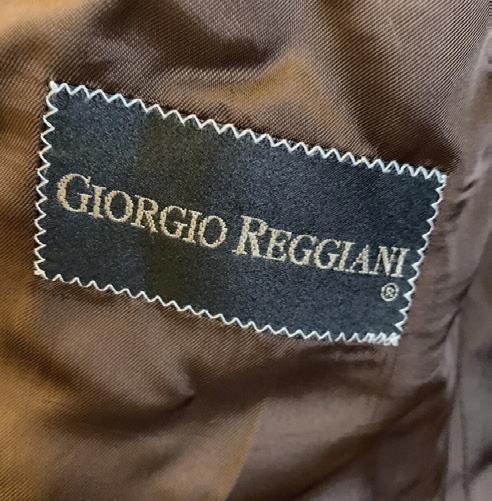
Giorgio Reggiani has been established for over 25 years specialising in suits and smart-casual fashion featuring 32 European brands such as:

• DARIO BELTRAN • BUGATTI • GIBSON LONDON
• SAND COPENHAGEN • SEINSE • VERSACE JEANS
• JUST CAVALLI • LAGERFELD • MISH MASH
• R2 AMSTERDAM • REMUS UOMO
Email: shop@giorgio-reggiani.co.uk Tel: 01332 381161
28 Saddlergate, Derby, DE1 3NL
• 50% of high net worth individuals have included a charitable gift in their Will
• Charitable Will Trusts and Donor Advised Funds used by one in three millionaires
• Legacy giving is more prevalent amongst millionaires with children than those without; a contrast to mass market trends
New research from Remember A Charity, the UK’s national legacy giving campaign, reveals the prevalence of charitable gifts in Wills amongst high net worth individuals (HNWIs), highlighting the opportunity for further growth.
Charitable legacies prevalent
The study, commissioned by Remember A Charity and conducted by independent research firm Savanta*, surveyed 500 people with over £1 million in investable assets. It reveals that half (50%) of millionaires have already included a charitable gift in their Will, rising to 75% for those with estates of £5 million+.
Noting that legacy giving amongst high net worth individuals may extend beyond a simple donation in a Will, the research finds that nearly one third of the group (32%) have established a charitable Will Trust, and three in ten (28%) donated using a Donor Advised Fund (DAF).
There are generous tax incentives in the UK for those who leave a charitable gift from their estate**. Donations are tax-free and if 10% or more of the net value of the estate is donated this can reduce the Inheritance Tax rate from 40% to 36%.
Amongst those millionaires who have not included a charitable legacy in their estate plans, the large majority (58%) say they are open to doing so and just over 1 in 4 (26%) said that they simply hadn’t thought about it before. This indicates there is opportunity to engage this audience at the Will-planning stage.
Although only around one quarter of millionaires (26%) say they have prepared to leave a percentage of their estate to charity, rather than pledging a fixed sum, many more (40%) say they would be willing to donate a share of their estate. With market studies
showing that around 90% of legacy income comes from residuary gifts*** and that high value estates are driving up legacy values, this demonstrates the importance and potential impact of increasing percentage gifts in this market.
In contrast to mass market trends, where child-free individuals are twice as likely as those with children to leave a charitable gift1 , this study finds that – for high net worth individuals – gifts in Wills are more prevalent for those who do have children (50%) than for those who don’t (42%). This indicates that, at this level of wealth, individuals may well recognise they are able to both secure their family’s future and provide support for charitable causes. This may also reflect the fact that intestacy tends to be higher amongst those without dependents, with 1 in 5 saying they don’t have a Will and have no plans to write one.
The research showed a surprising lack of upto-date Wills amongst a demographic that is likely to leave considerable wealth to the next generation. Only 3 in 10 (31%) of millionaires have an up-to-date Will, and over one third (35%) of those aged 55-65 don’t have a Will at all. One quarter of the millionaires in this study say they are in the process of writing or updating their Will, reinforcing the opportunity to integrate charitable giving into estate planning.
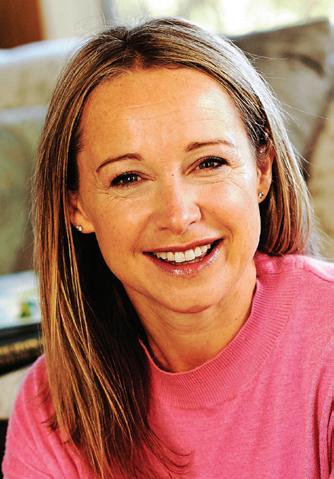
“Charitable legacies are hugely valued across the sector, no matter the size of the gift or estate. But these insights into the high value legacy market reveal that legacy giving is even more prevalent in this space than many of us will have anticipated,” says Lucinda Frostick, Director of Remember A Charity.
“While this is certainly encouraging for charities, many of which are becoming increasingly reliant on donations from those with wealth, this also helps to reinforce to professional advisers just how relevant philanthropy is to their client base – and how crucial it is that they can support their clients in achieving their charitable legacy.”
Remember A Charity has developed a range of resources, case studies and practical tips for wealth advisers5, alongside materials for solicitors and Will-writers6, equipping them to explore the topic of legacy giving with clients. A new training programme for wealth advisers will launch this Remember A Charity Week7 (08-14 September 2025).
Professional advisers are encouraged to use the platform of Remember A Charity Week as an opportunity to raise the topic of legacy giving with clients.
To find out more, visit the campaign website.8
1Savanta / Remember A Charity, High Net Worth Legacy Study, 2025
This research on the high net worth audience was commissioned by Remember A Charity and conducted by Savanta, as part of its MillionaireVue omnibus study. The sample included 500 people with over £1 million in investable assets (high net worth individuals). The fieldwork was carried out from February to March 2025.
2 https://www.rememberacharity.org. uk/making-a-will/faqs-about-wills/faqsinheritance-tax/
3https://144850878.fs1.hubspotusercontenteu1.net/hubfs/144850878/LTR/The%20 Legacy%20Giving%20Report%202025%20 -%20Smee%20and%20Ford%20and%20 Legacy%20Futures.pdf
4 Remember A Charity / OKO Stages of Change Benchmark Study, 2024
5https://www.rememberacharity.org.uk/aboutus/for-wealth-advisers/
6https://www.rememberacharity.org.uk/aboutus/for-solicitors-will-writers/
7https://www.rememberacharity.org.uk/aboutus/remember-a-charity-week/
8https://www.rememberacharity.org.uk/aboutus/remember-a-charity-week/

ADOPTION LAW: A PRACTICAL GUIDE 2nd edition
By Nasreen Pearce
ISBN: 978 0 85490 308 5
WILDY, SIMMONDS & HILL PUBLISHING www.wildy.com
An updated comprehensive guide to current adoption law for 2020s
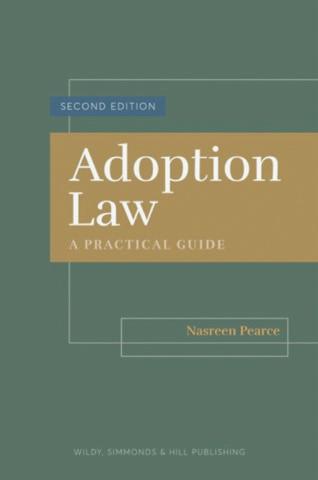
For law students and practitioners alike, there has been concern in recent years that some fundamental reform of the law of adoption is urgently needed. We welcome the new, second edition of “Adoption Law: A Practical Guide” by Nasreen Pearce from Wildy, Simmonds and Hill Publishing for 2025.
The title arrives at an interesting time for the modern development of adoption as the strains on the system continue to show. Wildy have provided us again with another excellent book in their practical guide series of titles. We thank Nasreen Pearce for her wise counsel in offering a comprehensive guide to the law, practice, and procedure for lawyers, adoption agencies, support services and other professional bodies who are concerned with adoption for a wide readership. It can make all the difference to the advice we give clients.
For practitioners new to the work, the author covers each stage of the adoption process, including what are difficult issues of contact between the child and their birth parents. It includes the alternative options available by reference to the relevant case law and regulations in relation to domestic adoptions as well as adoptions involving overseas jurisdictions.
The title considers registration of adoption and the sensitive issue of disclosure of information which are explaining in straightforward terms to both knowledgeable readers and those new to this subject. Pearce explains the rights of those parties to challenge decisions made by the professional bodies involved in the process so do use the detailed index at the back for any specific areas you are interested in exploring further.
Nasreen Pearce in updating the second edition has included important developments in this principal area of family law for those wishing to adopt. The book looks at the impact of the Convention for the Protection of Human Rights and Fundamental Freedoms on all aspects of the law relating to adoption.
As we expect with all Wildy guides, recent case law has been included in areas such as the notification to fathers and the child’s birth families of any plans to place a child for adoption. We are grateful for the inclusion of the procedure relating to preparation before proceedings begin, and the procedure for applications in the Family Court and, where relevant, the High Court.
The book also includes case law citations in relation to placement orders. It covers leave to revoke a placement order and to oppose adoption and post-placement arrangements for contact. The text sets out new coverage of post-placement contact, and post-adoption contact details to update advisers. The commentary covers recent reports and research plus the important decision in R & C (Adoption or Fostering) [2024].
We also found the inclusion of two recent lectures by the President of the Family Division on the modern approach to adoption and open adoption to be of great additional assistance.
The second edition of this hardback book from Wildy was published in 2025.
By: David Renton
ISBN 978 1 91364 856 5
LEGAL ACTION GROUP
The access to justice charity www.lag.org.uk
Essential reading for housing practitioners acting for clients faced with repossession
There is very little that strikes more terror in the souls of its victims than the threat of impending homelessness via the judicial processes involved, which culminate in the process of eviction.
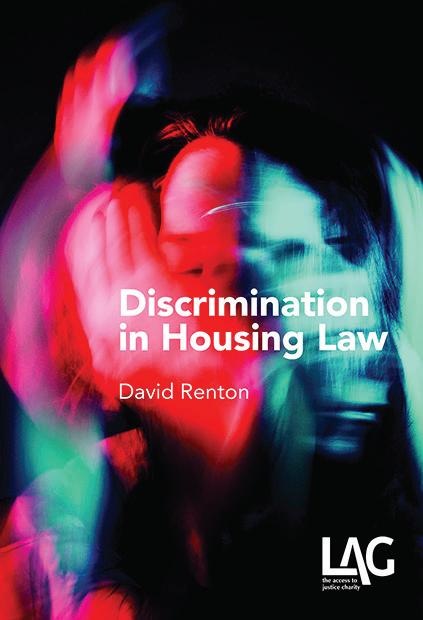
There ought to be an erudite and readable le book about it — and there is, thanks to this very useful publication from the Legal Action Group (LAG), the access to justice charity, who are justly famed for producing legal texts accessible not only to lawyers, but to the average concerned reader. David Renton, the author, is a barrister who represents tenants and mortgage holders embroiled in possession hearings.
Published in handy paperback format, the book offers a broad and concise coverage of ‘the use of the principles of equality in housing law’ — and equally of prime importance — the duty of landlords to fulfil their duties under the general categories of fitness and repossession.
As the publishers point out, the book covers the often complex and controversial matters, for example, of council houses let by housing associations, as well as houses held in thrall either to mortgages, or long leases. It should be added that homeowners in mortgage arrears suffer the same anxieties as those who rent — hence the general and urgent need for all practitioners to be duly bound in support of clients who struggle with these and other difficulties in the housing sector.
Practitioners and clients alike coming to grips with these problems will find this book especially helpful. As a concise work of reference, it truly excels. The precise introduction points directly to the subject of the book, namely the Equality Act of 2010 and its related principles — which apply both to business premises and residential properties.
Straightforward to navigate, the book has a detailed table of contents, enabling the reader — lawyer of not — to find the necessary advice they may be looking for, and for those doing further research, the book contains extensive footnotes, plus a detailed and useful index at the back.
Note too, the particular advantage of a 30page section of precedents — including for example, the precedent entitled ‘Case
Summary Application to Set Aside Possession Order.’ Also included in this concise text are Tables of Statutes, Statutory Instruments and also a Table of European and International Legislation.
For practitioners and clients alike, this book emerges as a practical and indispensable purchase.
The date of publication of this paperback book is cited as 2024.
DRINK- AND DRUG-DRIVE CASE NOTES
4th edition
Compiled and edited by P M Callow
ISBN: 978 0 85490 309 2 WILDY, SIMMONDS & HILL PUBLISHING www.wildy.com
A most important case book for criminal practitioners in 2020s
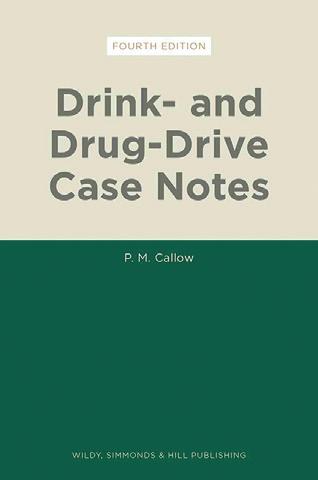
Pauline Callow’s notes from Wildy remain legal gems for practitioners, comprising as they do summaries of the many cases on the drink- and drug- driving offences which have come before the higher courts. Over 600 judgments are summarised in this fourth edition.
Each note is presented simply as a headnote summarising the “ratio” of that case, a short statement of the facts, the issues in any appeal and an extract from the judgment for ease of reference. These notes are intended to provide a broad outline of the trends in the case law and as starting points for readers seeking guidance on specific points depending on what you are looking for.
The book is divided into chapters which follow, generally, the stages in any investigation with the following headings: the requirement to provide specimens of breath, blood or urine; the offence of failing without reasonable excuse to cooperate or to provide specimens; challenges to the breath testing and breath analysis devices; the “statutory assumption” that the proportion of alcohol or a drug at the time of the offence was not less than
in the specimen; evidence, including issues such as the admissibility of the printout from the breath analysis device and of the contemporaneous records of the procedure completed by the investigating officer; the discretion under PACE to admit or exclude evidence; definitions, notably of “public place”; defences, including no likelihood of driving while over the limit; special reasons for not disqualifying; and finally a host of procedural issues, featuring the courts’ insistence on compliance with the Criminal Procedure Rules.
Callow’s fourth edition includes notes from over fifty cases decided since the third edition was published. The themes which run through the new case law include the availability of judicial review as a means of challenge, case management, the appropriateness of adjournments and preparedness for trial.
What we also found very useful were the longerstanding issues which the editor also re-visited, such as the disclosure of records, consulting the forms completed during the investigation to refresh memory at trial, the discretion to admit or exclude evidence and burdens of proof. Very helpful for all levels of practice.
This hardback book was published by Wildy in 2025.
It’s correct to state that demand for financial arrangements which are compliant with Sharia, plus an increasing alignment between both the Islamic finance and the ethical finance movement has led to unprecedented and accelerating growth in Islamic finance. As a result, there is an urgent need to understand what we mean by “Islamic finance” in the 2020s. And this book arrives just at the right time for the international community as international economics seems to become ever more complex.
This is evidenced not only by the size of the Islamic finance market itself, but also by the growing range of Islamic finance providers in addition to Islamic banks and the increasing range of sophisticated products and services. The markets for Shariah-compliant funds and takaful (Islamic insurance) are now considered as sectors “in their own right”. Tech has played its part in that growth and with the exponential growth in artificial intelligence (AI) has created an increasing awareness of ethics.
ISLAMIC FINANCE
A Practical Guide
3rd edition
Consulting Editor: Rahail Ali
ISBN: 978 1 83723 073 0
GLOBE LAW AND BUSINESS LTD
www.globelawandbusiness.com
An updated practical guide to islamic finance for 2020s
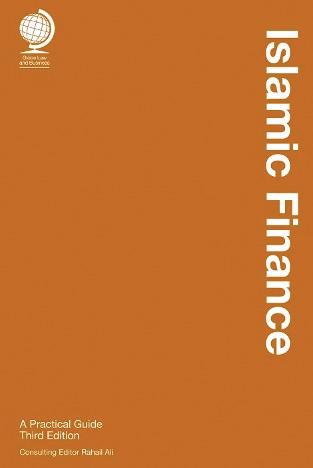
“Islamic Finance” edited by Rahail Ali is now available in a new third edition. It remains a compelling book for lawyers, economists and bankers examining what is undoubtedly a complex and confusing area for many readers, so thank you, Globe Law and Business for publishing it!
Today, Islamic finance attracts sovereigns, financial institutions, multinationals, corporates and customers across the retail spectrum who are looking to tap Islamic liquidity from sukuk (Islamic bonds), corporate, retail, acquisition, funds, development and project financings. This book offers readers a refreshing view of how the system, if we can call it that, works.
This third edition features fully updated, insightful chapters by leading practitioners in Islamic financing and analyses market trends, key developments and structures for sukuk, syndications, funds, takaful, project financing and Islamic liquidity management. New to the third edition are chapters on fintechs, AI ethics and derivatives.
Amongst all the legal titles available, this is a unique title and will be essential reading whether you are already engaged in Islamic financing transactions or interested in understanding the Islamic finance market and the structures underpinning the world’s fastest-growing finance sector. Thank you, Globe, for publishing this new edition.
The third edition of this hardback book from Globe was published in 2025.
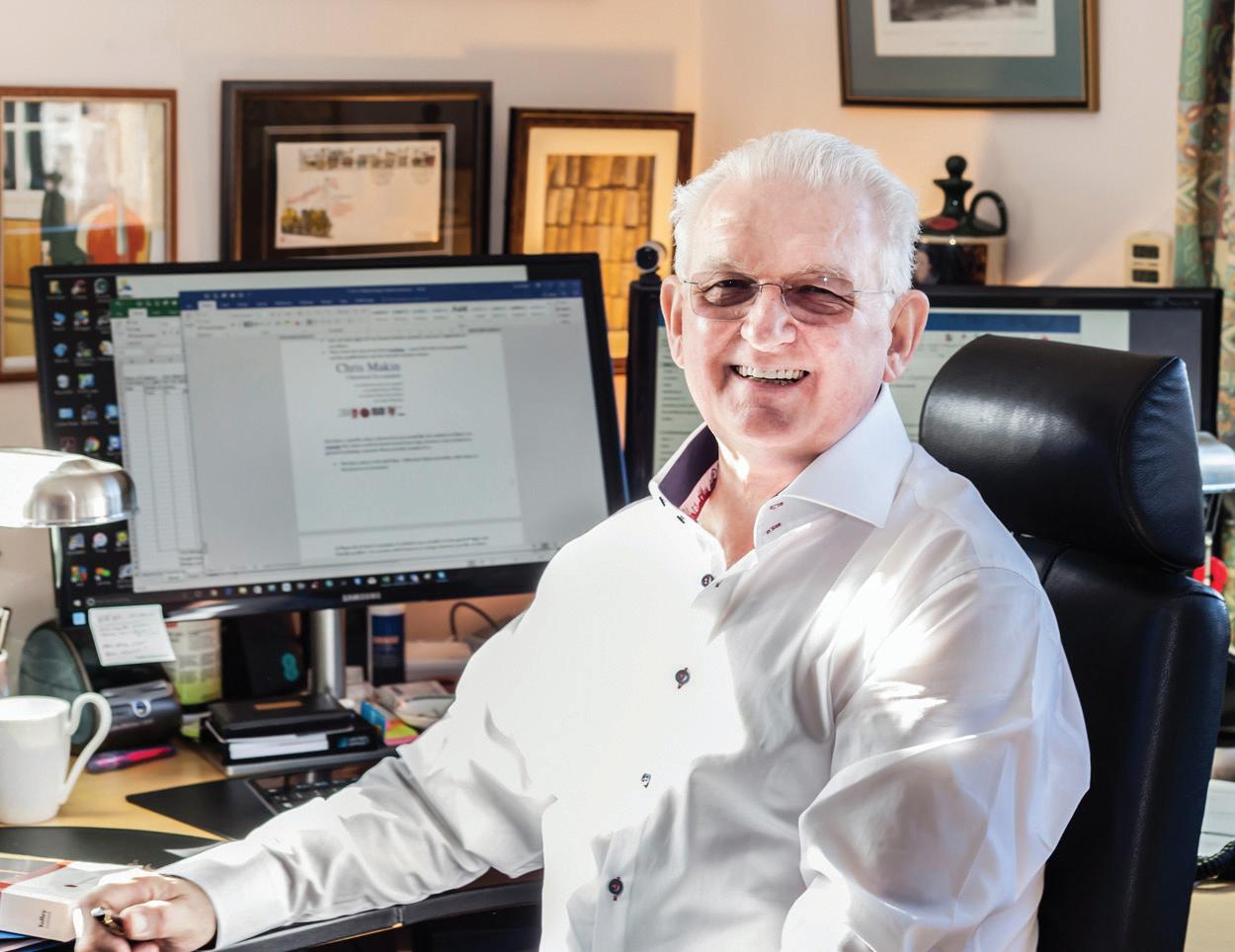
As any litigator in England and Wales knows, Part 35.3 of CPR states that the expert has an overriding duty “to help the court on matters within their expertise.” And that expertise is measured by membership of appropriate professional bodies. I am typical: a fellow of the Institute of Chartered Accountants (ICAEW) and The Academy of Experts and a member of the Chartered Arbitrators, among other qualifications.
But what if an accountancy expert were to lose his qualification during preparation for a case? Let me tell you about Jeffrey Davidson
Jeff, like me, was one of the early specialists in forensic accountancy. A Cambridge graduate, he was an affable chap who I met often at Institute events.
But about three years ago I was asked to help a businessman who had bought a business which had to go to expert determination, and Jeff was the accountant chosen to make a binding decision on value. The businessman was unhappy with the value, and my work quickly established that Jeff had committed a manifest error which caused my client to overpay by about £100,000.
I drew Jeff’s attention to this mistake, and he first said it was none of my business. When I pressed him, he said he would not alter his finding.
My client wanted to sell the business, and would find that difficult with ongoing litigation, so he swallowed the £100,000 and did not take the case to law.
But whilst this was being considered, both the client and I took a close look at Jeff, and we discovered two things. One was that something irregular may have happened with a charitable trust in which Jeff and his wife were the sole trustees, and that was to be investigated by the Charity Commission. I have not seen the outcome.
The other is that a client had lodged complaints which were being investigated by the ICAEW. They asked Jeff to disclose certain documents to aid their enquiry but he pleaded client confidentiality (not valid in these circumstances) and then that the documents had
to be redacted, which for some reason was taking several months.
It is against our Royal Charter to refuse to supply documents in an enquiry, and Jeff was brought before the Disciplinary Committee. He was given a severe reprimand, a fine of £5,000, costs of £8,125 and an order to provide the documents within four weeks.
When those documents were still not provided, he automatically lost his membership of ICAEW; he was no longer a chartered accountant.
Interestingly, this was going on as a major trial approached in which Jeff was one of the forensic accountant expert witnesses. This was JSC Commercial Bank Privatbank -v- Igor Valeryevich Kolomoisky & Ors [2025] EWHC 1987 (Ch), which concerned the alleged theft of £1.9billion (yes, £1,900,000,000!) from a Ukranian bank just before it was nationalised. There were 8 defendants including Ukranian, English and Cypriot companies. The bank as claimants had 4 KCs and 4 junior counsel, and the various defendants fielded 6 KCs and 5 junior counsel. It must have been quite a jamboree, and the courtroom must have been very crowded.
The hearing was over 43 days in 2023 and the judgment, by Trower J , was a heavy piece of work issued on 30 July 2025. It ran to 490 pages, and the contents page alone ran to 4 pages. I confess I have not read it all.
The interesting part for us is at paragraphs 305 to 314 (there were 2025 paragraphs in all!). The learned judge assessed the work of the forensic accountant for the bank and for the first two defendants. Jeff was expert for the first defendant.
After commenting on the work of the three expert accountants, Trower J turned to the status of Jeff at paragraph 311, which I quote in full:
“At the time of their reports, each of the experts was a fellow of the Institute of Chartered Accountants in England and Wales. (ICAEW). During the course of July 2023, after the trial had commenced but before he was called to give evidence, it came to the attention of the Bank’s solicitors that Mr Davidson’s status as a member of ICAEW was now recorded as Ceased with a sub-status recorded as Cessated. They wrote to Mr Kolomansky’s solicitors drawing attention to the cessation and attaching a copy of his disciplinary record which disclosed that he had been the subject of a severe reprimand in relation to two disciplinary matters in respect of which there had been hearings on 8 March 2023. None of this information had been disclosed by Mr Davidson either to the Bank or to the court.”
Trower J goes on at 312 to 314, which are lengthy paragraphs. I will quote parts of these:
“Mr Davidson’s explanation for what had occurred was eventually revealed on 29 September 2023, five days before he was due to give evidence.”
“He also disclosed that the Charity Commission had removed him as trustee of two charities and that those charities had been the subject of statutory enquiries…” (One allegation was that funds of £500,000 were missing.)
“In his witness statement, Mr Davidson also gave notice that he would rely on his privilege against self-incrimination to justify his refusal to answer any questions about the August 2021 complaint to the ICAEW and the Charity Commission enquiry.”
In light of the position adopted by Mr Davidson, it was not possible for the court to obtain a full picture of what had occurred or the extent to which the matters in respect of which he had been investigated or criticised might have been relevant to the quality of his evidence.”
“In my view, where an expert presents his evidence as a member of a professional organisation, which is expected by him to give the court assurance as to his ability to act in the case, he is under a duty to inform the court if his membership has ceased, more particularly where the cessation is linked to disciplinary proceedings against him.”
“… Mr Davidson also failed to disclose that he has been the subject of a finding in another case that his opinion was based on wholly unsupported and fanciful assumptions, which ignored the objective facts and undermined his credibility as an independent expert (per Leggat LJ in Al Neheyan -v- Kent [2018] EWHC 333 (Comm) at [1951]).
I draw two morals:
Experts must inform the court if they have been drummed out of the
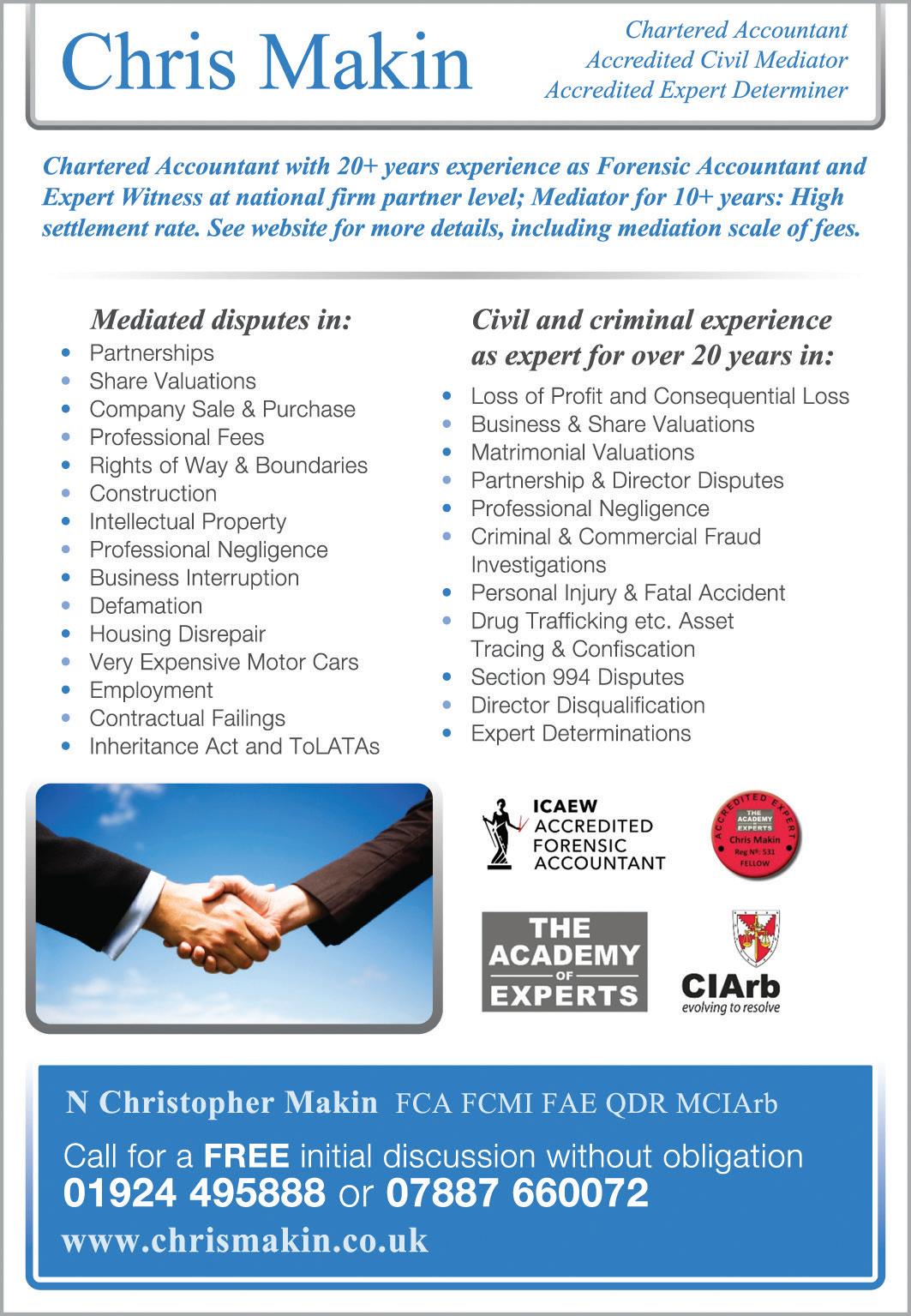
regiment, and if they have been criticised as experts in other cases and
As I’ve said many times before, solicitors must choose their experts with care.
Biog: Chris Makin has practised as a forensic accountant and expert witness for 30 years, latterly as Head of Litigation Support at a national firm. He has given expert evidence about 100 times. He also performs expert determinations.
Chris is a fellow of the Institute of Chartered Accountants where he has served on the Forensic Committee, and as an ethical counsellor; he is a fellow of the Chartered Management Institute, a fellow of the Academy of Experts where he serves on the Investigations Committee, and a mediator accredited by the Chartered Arbitrators. He practises as a mediator, from his home in West Yorkshire and his rooms at 3 Gray’s Inn Square, London WC1R 5AH, telephone 020 7430 0333. He has mediated 100+ cases so far, on a huge range of subjects, with a settlement rate to date of 80%. For more see his website with videos:
www.chrismakin.co.uk chris@chrismakin.co.uk

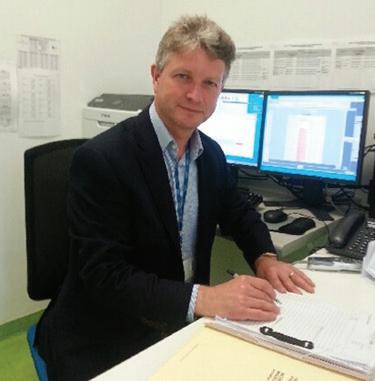
Dr Russell Keenan is a Consultant Paediatric Haematologist with over thirty years’ clinical experience and extensive medicolegal practice. A Cardiff University Bond Solon (CUBS) accredited expert, he has given evidence across family, civil, criminal and coroner jurisdictions. As Director of the Expert Witness Gateway, he helped shape the platform after years of frustration with inefficiencies and outdated instruction models.
Where did the idea for the Gateway come from?
Dr Russell Keenan (RK): With many years of experience of expert witness work I felt I had made my part of the process reasonably efficient. I had become aware and frustrated at how time consuming and what I though was inefficiencies the whole process of expert witness and solicitor interaction. From initial instruction to multiple emails to arrange an expert meeting or court attendance I felt there should be a more efficient way.
Also, for experts there is a significant amount of medicolegal time that isn’t report writing and I felt that this could be made more efficient for example dealing with diary management, invoices, actually getting paid and dealing with accounts.
How does it work in practice for a solicitor starting a case?
RK: The aim was to transform the way solicitors work with experts and make the process simple and quick. We visualised a judge asking for a specialist expert report. The solicitor can advise the court within 1 minute the names of experts in that discipline that are available on
the Gateway, the costs, current turnaround times, CV and provisionally instruct the expert at the click of a button.
The only caveat is that experts must first review case details to confirm no conflict of interest. Solicitors create a secure case workspace and select relevant specialties. Experts are automatically notified when instructed and see all court deadlines. Documents are uploaded once, with solicitors controlling expert access. All responses are timestamped and auditable, and built-in messaging keeps communication within the case. Additional parties can be added with read-only access, ensuring everyone views the same live record rather than separate threads.
And for experts?
RK: Experts maintain a profile reflecting their practice, supported by a simple calendar for court dates, conferences, and report deadlines. Automatic notifications help ensure timelines are met. Each case keeps all instructions, documents, and messages together with a full audit trail. Two-factor authentication provides stateof-the-art security. When workloads rise, a “pause new instructions” toggle protects existing commitments without cutting communication.
Getting paid has long been a headache for experts, especially with complex multi-party invoicing in Family Court cases. The Gateway automates invoicing and guarantees payment within 30 days. Income records are easily accessible and downloadable for accountants or can be copied directly into accounting software such as Xero, turning tax return preparation from hours into minutes.
Data protection and security are perennial concerns. What’s built in?
RK: Data security is state-of-the-art. Developing the Gateway shifted my view on balancing access with protection—recent Legal Aid chaos only reinforced this. Security comes first, even if it takes a few extra seconds. All data is encrypted in transit and at rest, with two-factor authentication, regular backups, and a defined incident-response plan. Built from the outset for UK GDPR and the Data Protection Act 2018, our aim is simple: keep data confidential, preserve integrity, and ensure availability when it matters most.

Multi-party and high-volume cases are especially messy. How does the Gateway help?
RK: Transparency and simple organisation. You can add parties with appropriate permissions so they see the same document index, instructions and timeline—but can’t inadvertently edit or fork the record. If a matter proceeds to court, exporting the chronology and key artefacts is simple. The platform ends discussions about who sent what, when, and which version applies. All communications are auditable.
What distinguishes this from “just another portal”?
RK: Two things set it apart. First, lived experience — it was built from years of real frustration with the failures everyone knows at 11 pm before a hearing. Second, realtime single-record working — any update to instructions, bundles, hearing dates or parties is instantly visible to all authorised users, with alerts and a time-stamped audit trail. No lost emails, no outdated copies. We’re not replacing professional judgement; we’re protecting it by keeping the live record accurate at every moment.
What’s next on your roadmap?
RK: We’re developing tools to streamline expert meetings. Solicitors can set a date range, and the Gateway checks experts’ calendars to suggest times when all are available. Once confirmed, the meeting is added automatically to each expert’s synced calendar, with notifications and reminders to prepare. Built-in video conferencing and realtime multilingual transcription make meetings seamless, and transcripts are instantly available for review and approval while details are still fresh.
Final thought for readers who feel the current model “just about works”?
RK: “Just about” is not good enough when the stakes are this high. The traditional model tolerates avoidable risk—lost messages, wrong versions, missed dates. All these challenges cause delay for the courts which adds to costs. The Expert Witness Gateway is simply a better way: one case, one record so one truth. It helps experts focus on evidence and solicitors on strategy, which is ultimately better for clients and the court. ●

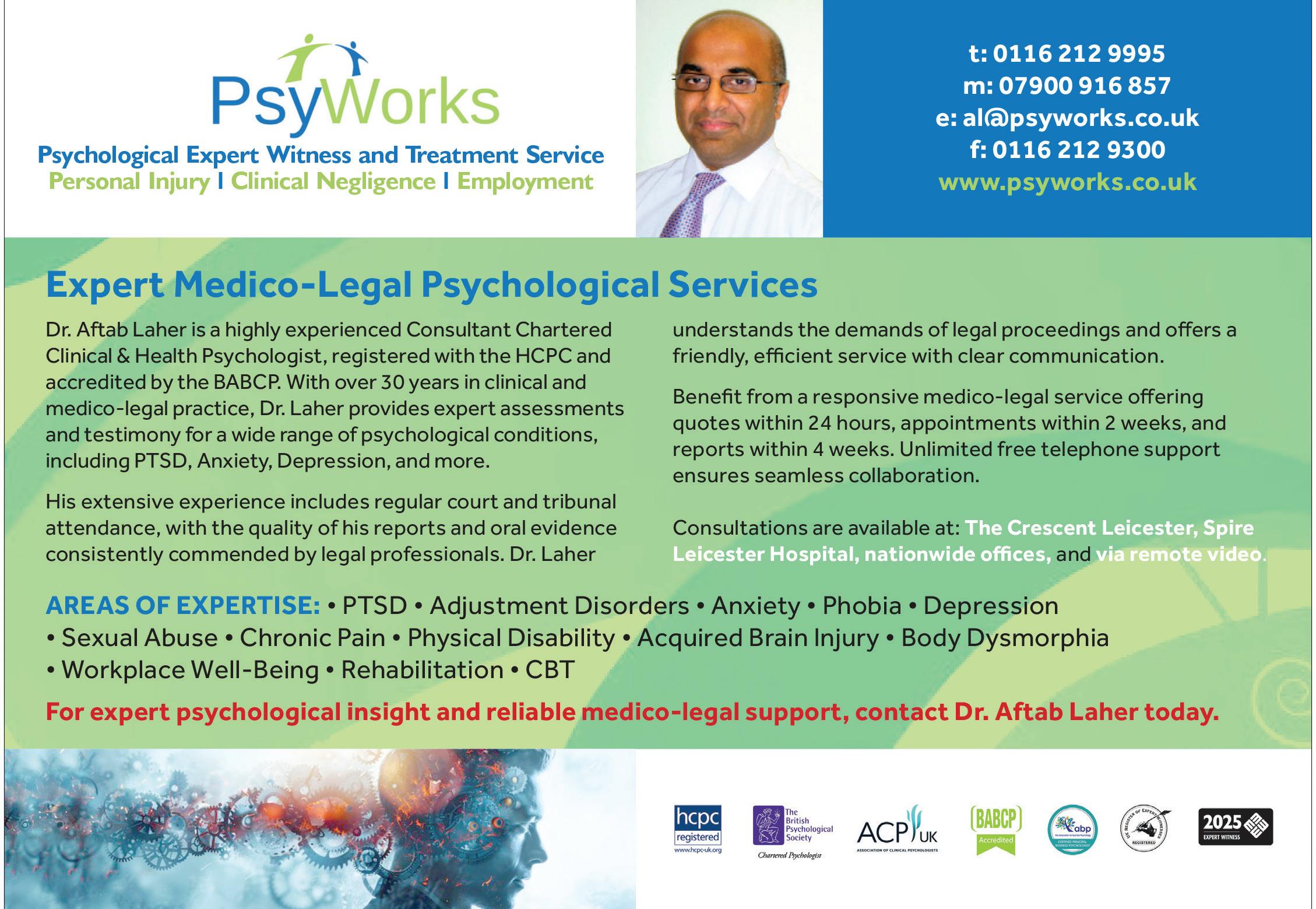

The Expert Witness Institute is delighted to announce that Lady Simler, Justice of the Supreme Court, was appointed as President of the Institute on 15th October 2025.
Lady Simler was called to the Bar by Inner Temple in 1987, having read law at Cambridge University, and completed a postgraduate diploma in EU law at the Europa Institute, University of Amsterdam. She practised at the Bar at Devereux Chambers where she became Head of Chambers before becoming a judge. During her time at Devereux she was a member of the Attorney General’s Civil Panel A and was Junior Counsel to the Inland Revenue (Common Law) between 2002 and her appointment to silk in 2006.
She became a Judge of the High Court King’s Bench Division in October 2013. In January 2015 she was appointed President of the Employment Appeal Tribunal for a three-year term which ended on 31 December 2018.
Having served as High Court Liaison Judge for Diversity she was appointed chair of the Diversity Committee of the Judges’ Council in 2019. She also served as a member of the Civil Executive Team chaired by the Deputy Head of Civil Justice, reporting to the Master of the Rolls. She was sworn in as a Lady Justice of the Court of Appeal in June 2019. She was appointed

as a Justice of the Supreme Court in November 2023.
Lady Simler succeeds The Right Hon Lord Hodge , Deputy President of the Supreme Court who became president in 2020 and stepped down as he is due to retire from the Supreme Court at the end of the year.
EWI Chair, Sir Martin Spencer , said “ We are thrilled to welcome Lady Simler as our new President. She has already demonstrated a strong interest in the role of experts, expert evidence and the work of the Institute. We look forward to working with her and bringing her strategic insight to the organisation and membership.”
Lady Simler said “It is a pleasure and a privilege to have been asked to take over from Lord Hodge as president of the Expert Witness Institute. There is a strong public interest in the work performed by experts and the justice system depends on expert evidence being both impartial and of the highest quality it can be. The EWI has an important role to play in supporting this and I look forward to working with the EWI and taking forward the excellent work done by my predecessor, Lord Hodge.”
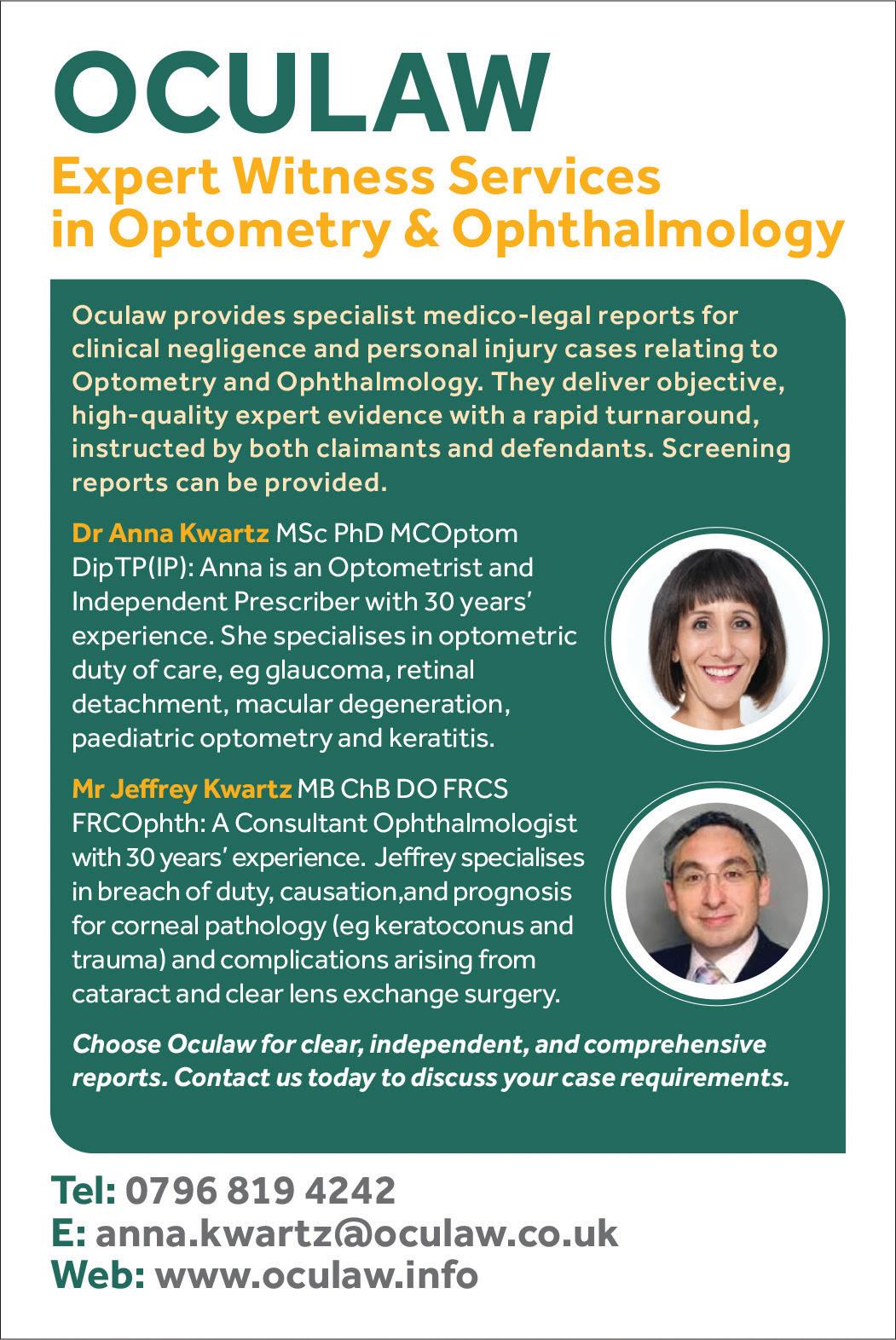
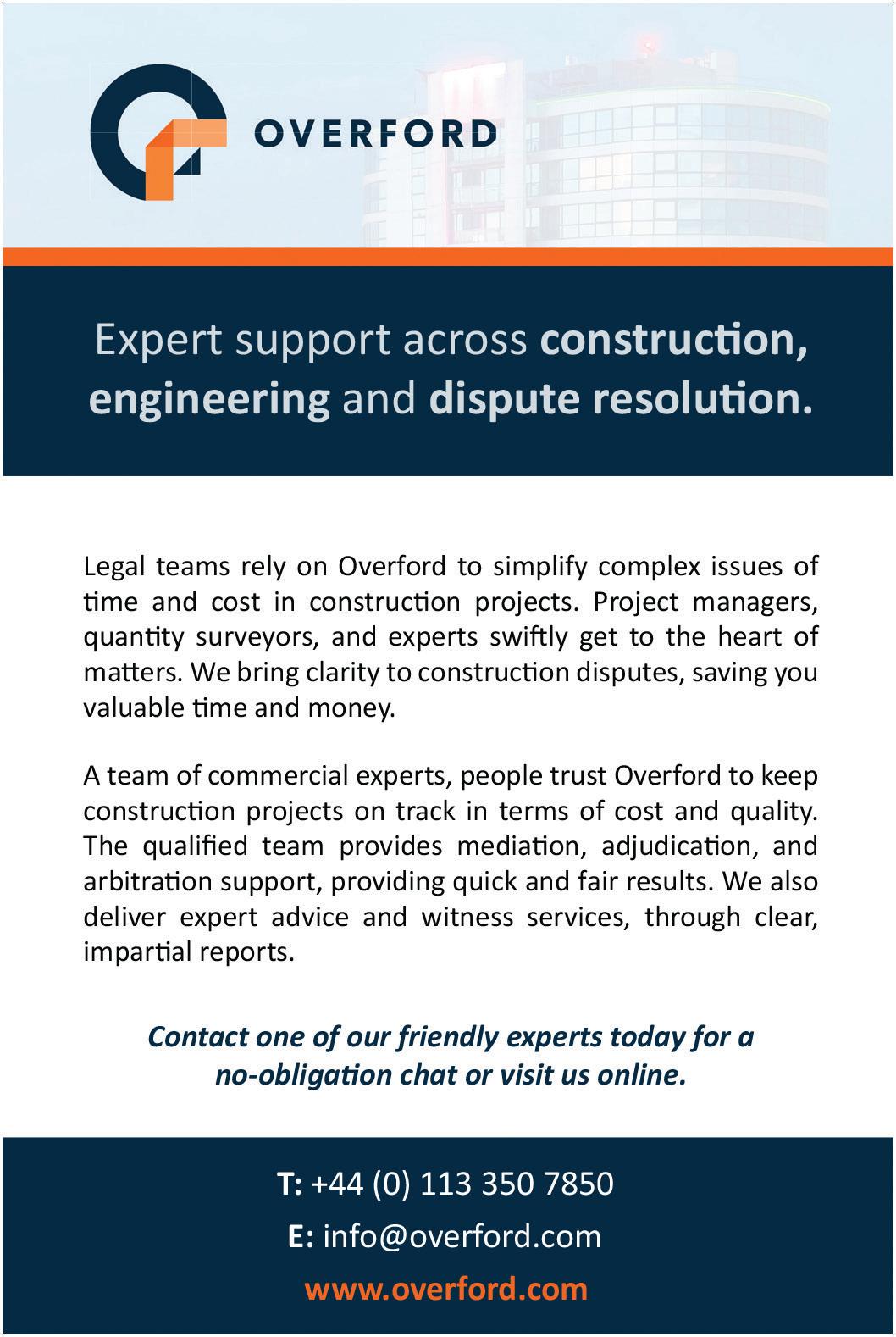
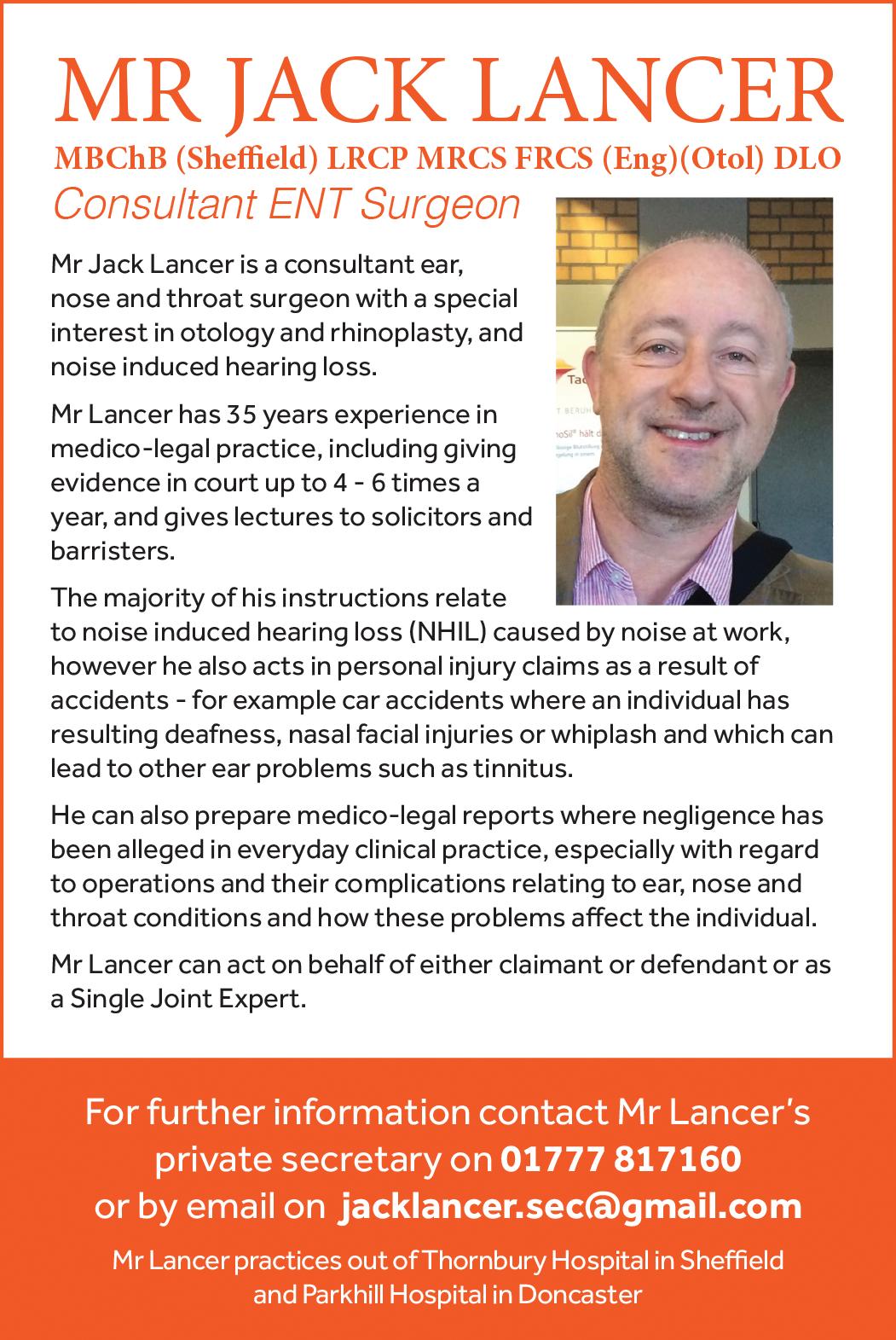
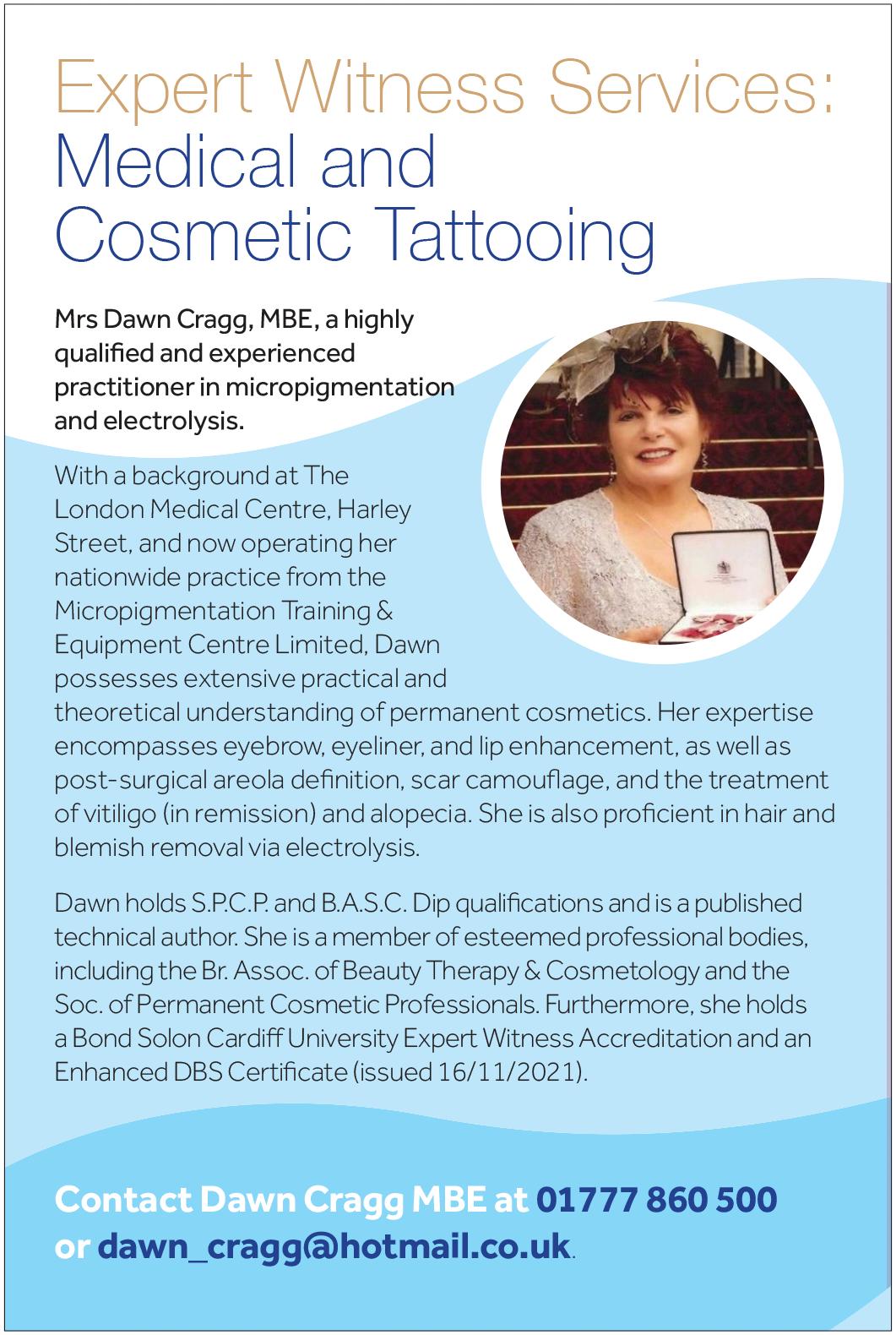
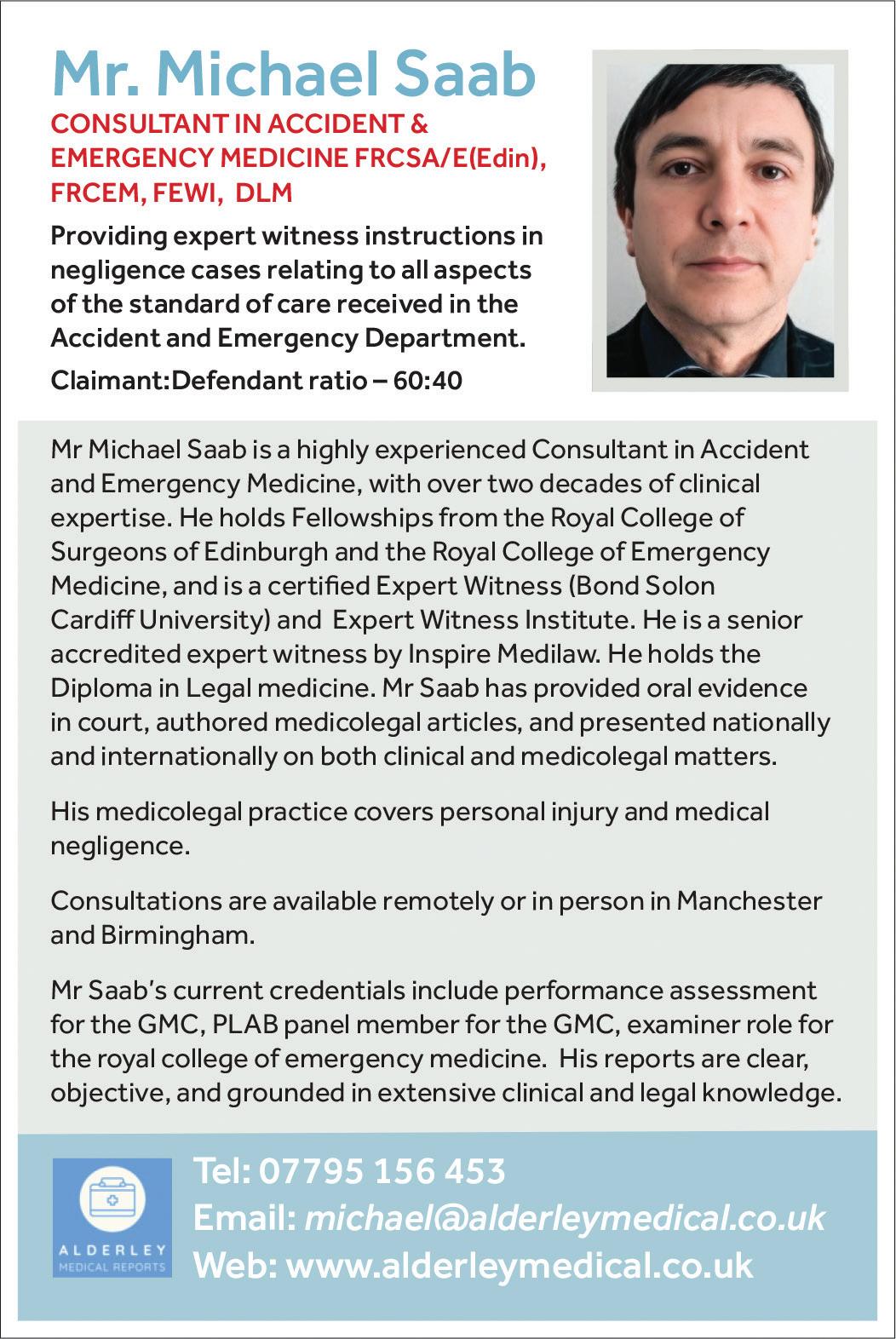
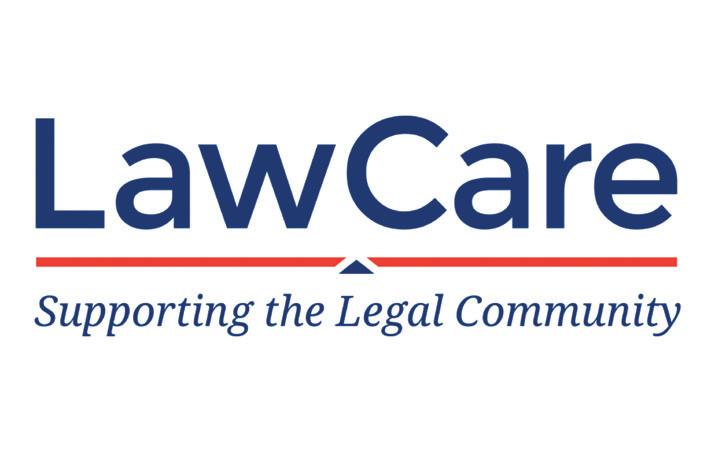
The legal sector has the opportunity to change for the better. Life in the Law 2025, LawCare’s latest research, shows that if we act now, we can create a sector where people feel supported, can build sustainable and successful careers, and where mental health and wellbeing are valued as an integral part of everyday working life culture.
What the research tells us
From January to March 2025, we asked people across the sector how working in law affects their mental health and wellbeing.
The research showed that there has been progress in some areas:
“More openness to talking about mental health. More access to counselling, wellbeing coaching and therapy services. More senior people being open about their own mental illhealth.”
A senior solicitor also reflected:
“Working from home has been a game changer in terms of managing childcare and managing my disability. I love it and it has prolonged my career by 10 years.”
Yet the findings show there’s still work to do:
• 56% said they could see themselves leaving their current workplace within the next five years, with 32% saying they could leave the sector entirely.
• Nearly 60% reported poor mental wellbeing.
• Almost 79% said they regularly work beyond their contracted hours.
• Only 31% of people who managed others said that their targets or billable hours were adjusted to take into account the time they need to spend managing others or undertaking appropriate training.
The quotes behind these statistics speak volumes. A licensed conveyancer told us:
“I would like to leave but couldn’t afford to and don’t know what else to do.”
A senior solicitor in England said simply: “More work, shorter deadlines, fewer lawyers, higher pressure, more greed.”
Others pointed to long hours. One junior solicitor said:
“Monday to Friday my days are filled with work from getting up to going to bed after midnight, so there is no time for any other activity.”
The need for stronger people management came through strongly in comments. One person said:
“People management is a special skill… it does not follow that because someone is a good lawyer, they are a good manager.”
Why mental health and wellbeing matters
When people in the legal sector are healthy and well, the whole profession benefits. Lawyers who feel supported are more focused, better equipped to handle pressure, and able to make sound ethical decisions. They bring clarity of thought, stronger relationships with colleagues and clients, and the energy needed to do their best work.
But when wellbeing is neglected, the effects ripple out far beyond the individual. High levels of stress and burnout can lead to increased sick leave and people leaving their jobs - or even the profession altogether. Overwork and exhaustion raise the risk of errors, which in turn can compromise judgement and ethical decision-making. Over time, this doesn’t just harm careers, it undermines confidence in the whole sector, damaging both reputation and public trust.
What can help
The good news is that there are clear, practical steps that can make a real difference. The report highlights five key areas for action:
1. Tackle overwork – manage workloads, rethink targets, and challenge the culture of long hours.
2. Support managers – train and support people to manage effectively and recognise that management is a vital skill.
3. Offer flexibility – embed hybrid and flexible working in ways that support
diverse needs.
4. Check what work s – regularly review wellbeing initiatives and adapt as necessary.
5. Properly prepare future lawyers –equip students and trainees with the appropriate skills they need for a sustainable career.
Leadership is key
As LawCare CEO Elizabeth Rimmer says:
“We have it in our hands to transform the way we work and build a future where people are supported to perform at their best and build sustainable careers. The path to prioritising mental health and wellbeing before us is clear. Now is the time for leaders to act with courage: move away from practices that normalise overwork, which risk driving people out of the sector, and take the path to a better future by valuing people management.”
Leadership makes a vital difference. By valuing people, making space for good management, and moving away from practices that normalise overwork, we can build a legal sector that is healthy and sustainable.
A shared responsibility for the future Life in the Law 2025 is a wake-up call - but also an opportunity to do better. Many people in law are struggling, but we now know the steps that can help.
Read the full Life in the Law 2025 report here: https://lawcare.org.uk/life-in-the-law/
In 2026 LawCare will start a programme of engagement to develop resources and training to support leaders and organisations to put these recommendations into practice. Follow LawCare on LinkedIn or visit www.lawcare.org.uk to see what is coming up.
